Political Theory
About this Collection
Political theory encompasses debates over such issues as self-government, the rule of law, and constitutional guarantees of freedom of religion and of the press. From foundational writings to twentieth century perspectives, OLL’s collection represents thinkers and texts that have helped shape the ideas of liberty.
Key People
Titles & Essays
Quotes
Socialism & Interventionism
Alexis de Tocqueville stood up in the Constituent Assembly to criticize socialism as a violation of human nature, property rights, and individual liberty (1848)
Law
Algernon Sidney argues that a law that is not just is not a law (1683)
The State
Algernon Sidney on de facto vs. de jure political power (1698)
Class
Algernon Sidney on how the absolute state treats its people like cattle (1698)
Presidents, Kings, Tyrants, & Despots
Algernon Sidney on not unquestioningly “rendering unto Caesar the things which are Caesar’s” before checking to see if they legitimately belong to Caesar (1689)
Law
Algernon Sidney on the need for the law to be “deaf, inexorable, inflexible” and not subject to the arbitrary will of the ruler (1698)
Presidents, Kings, Tyrants, & Despots
Algernon Sidney’s Motto was that his Hand (i.e. his pen) was an Enemy to all Tyrants (1660)
Presidents, Kings, Tyrants, & Despots
Althusius argues that a political leader is bound by his oath of office which, if violated, requires his removal (1614)
The State
Anthony de Jasay asks whether states should be invented if they did not already exist (1985)
The State
Anthony de Jasay on the proliferation of predators and parasites in the modern state (1998)
Philosophy
Aristotle insists that man is either a political animal (the natural state) or an outcast like a “bird which flies alone” (4thC BC)
Parties & Elections
Auberon Herbert discusses the “essence of government” when the veneer of elections are stripped away (1894)
Property Rights
Auberon Herbert on compulsory taxation as the “citadel” of state power (1885)
Property Rights
Auberon Herbert on the “magic of private property” (1897)
Parties & Elections
Auberon Herbert warns that the use of force is like a wild and dangerous beast which can easily get out of our control (1906)
Rhetoric of Liberty
Auberon Herbert’s aim is to destroy the love of power and the desire to use force against others (1897)
Politics & Liberty
Benjamin Constant distinguished between the Liberty of the Ancients (“the complete subjection of the individual to the authority of the community”) and that of the Moderns (“where individual rights and commerce are respected”) (1816)
Natural Rights
Benjamin Constant on the difference between rights and utility (1815)
Politics & Liberty
Benjamin Constant on why the oppressed often prefer their chains to liberty (1815)
Parties & Elections
Bruce Smith on the misconceived and harmful legislation produced by voting as an inevitable though temporary case of “measles” (1887)
Origin of Government
David Hume ponders why the many can be governed so easily by the few and concludes that both force and opinion play a role (1777)
Natural Rights
Diderot argues that the laws must be based upon natural rights and be made for all and not for one (1755)
The State
Edmund Burke asks a key question of political theory: quis custodiet ipsos custodes? (how is one to be defended against the very guardians who have been appointed to guard us?) (1756)
Politics & Liberty
Edmund Burke on how the Majority Oppresses the Minority
Society
Edmund Burke on Learning from Past Errors
Economics
Edmund Burke on Scarcity, Wage Subsidies, and the Abuse of Power
Revolution
Edmund Burke on the Levelling Spirit
Origin of Government
Étienne de la Boétie provides one of the earliest and clearest explanations of why the suffering majority obeys the minority who rule over them; it is an example of voluntary servitude (1576)
Origin of Government
Franz Oppenheimer argues that there are two fundamentally opposed ways of acquiring wealth: the “political means” through coercion, and the “economic means” through peaceful trade (1922)
The State
Franz Oppenheimer on the origin of the state in conquest and subjection by one group over another (1907)
Free Trade
Frédéric Bastiat’s theory of plunder (1850)
Politics & Liberty
George Grote on the difficulty of public opinion alone in curbing the misuse of power by “the sinister interests” (1821)
Parties & Elections
Gustave de Molinari argues that political parties are like “actual armies” who are trained to seize power and reward their supporters with jobs and special privileges (1904)
Politics & Liberty
Herbert Spencer on “the seen” and “the unseen” consequences of the actions of politicians (1884)
War & Peace
Herbert Spencer on the State’s cultivation of “the religion of enmity” to justify its actions (1884)
Law
Herbert Spencer on the superiority of private enterprise over State activity (1853)
Parties & Elections
Herbert Spencer takes “philosophical politicians” to task for claiming that government promotes the “public good” when in fact they are seeking “party aggrandisement” (1843)
Liberty
Jacques Maritain on the dynamism of freedom (1938)
Class
James Bryce on the autocratic oligarchy which controls the party machine in the American democratic system (1921)
War & Peace
John Bright calls British foreign policy “a gigantic system of (welfare) for the aristocracy” (1858)
Class
John C. Calhoun notes that taxation divides the community into two great antagonistic classes, those who pay the taxes and those who benefit from them (1850)
Politics & Liberty
John Calhoun and the Unchecked Majority
Politics & Liberty
John Calhoun on Concurrent Majorities
Politics & Liberty
John Calhoun on Executive Power and Constitutional Order
Politics & Liberty
John Calhoun on the Nature and Purpose of Constitutions
The State
John Calhoun on Unchecked Majorities
Natural Rights
John Locke on “perfect freedom” in the state of nature (1689)
Law
John Locke on the idea that “wherever law ends, tyranny begins” (1689)
Natural Rights
John Locke on the rights to life, liberty, and property of ourselves and others (1689)
Presidents, Kings, Tyrants, & Despots
John Milton believes men live under a “double tyranny” within (the tyranny of custom and passions) which makes them blind to the tyranny of government without (1649)
Liberty
Joseph Priestley on the presumption of liberty (1771)
Liberty
Kant on the natural right to seek happiness in one’s own way (1791)
Taxation
Knox on how the people during wartime are cowered into submission and pay their taxes “without a murmur” (1795)
Taxation
Knox on how the people during wartime are cowered into submission and pay their taxes “without a murmur” (1795)
Presidents, Kings, Tyrants, & Despots
La Boétie argues that tyranny will collapse if enough people refuse to cooperate and withdraw their moral support to it (1576)
Presidents, Kings, Tyrants, & Despots
Lord Acton writes to Bishop Creighton that the same moral standards should be applied to all men, political and religious leaders included, especially since “Power tends to corrupt and absolute power corrupts absolutely” (1887)
Liberty
Milton Friedman and the Free Society
The State
Milton Friedman on the Deconcentration of Power
Socialism & Interventionism
Mises and the Emergence of Etatism in Germany (1944)
War & Peace
Mises on cosmopolitan cooperation and peace (1927)
Socialism & Interventionism
Mises on how price controls lead to socialism (1944)
Liberty
Mises on liberalism and the battle of ideas (1927)
The State
Mises on the worship of the state or statolatry (1944)
Origin of Government
Sidney argues that a People’s liberty is a gift of nature and exists prior to any government (1683)
Freedom of Speech
Spinoza on being master of one’s own thoughts (1670)
Politics & Liberty
The Australian radical liberal Bruce Smith lays down some very strict rules which should govern the actions of any legislator (1887)
Religion & Toleration
Thomas Gordon warns about the dangers of a politicised Religion which tries to rule this world (1720)
Literature & Music
Thomas Paine’s patriotic song called “Hail Great Republic” which is to be sung to the tune of Rule Britannia
Presidents, Kings, Tyrants, & Despots
Viscount Bryce on how the President in wartime becomes “a sort of dictator” (1888)
Philosophy
Wilhelm von Humboldt argued that freedom was the “Grand and Indispensable Condition” for individual flourishing (1792)
The State
William Godwin on the need to simplify and reduce the power of the state (1793)
Notes About This Collection
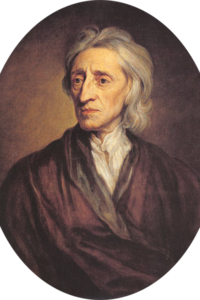 |
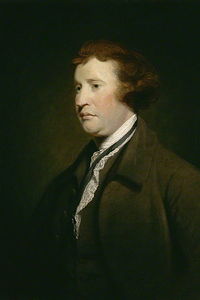 |
 |
|---|---|---|
| John Locke (1632-1704) | Edmund Burke (1729-1797) | John Stuart Mill (1806-1873) |
The OLL has the complete works of many major political theorists (many of which are older editions and thus are not as “complete” as some modern editions), such as Plato, Tacitus, James Harrington, John Locke, Machiavelli, Montesquieu, Thomas Jefferson, Thomas Paine, and Alexander Hamilton. It has the selected works of many others, such as Aristotle, Cicero, Thomas Hobbes, John Milton, Immanuel Kant, Edmund Burke, Richard Cobden, John Stuart Mill, and Herbert Spencer.
See also the extracts, chapters, and introductions in the Political Thought section of the Ideas page.
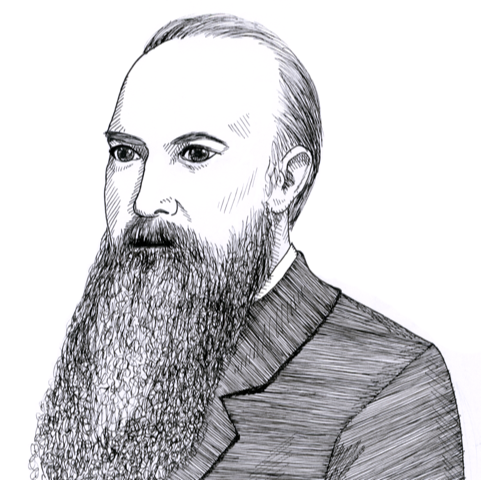
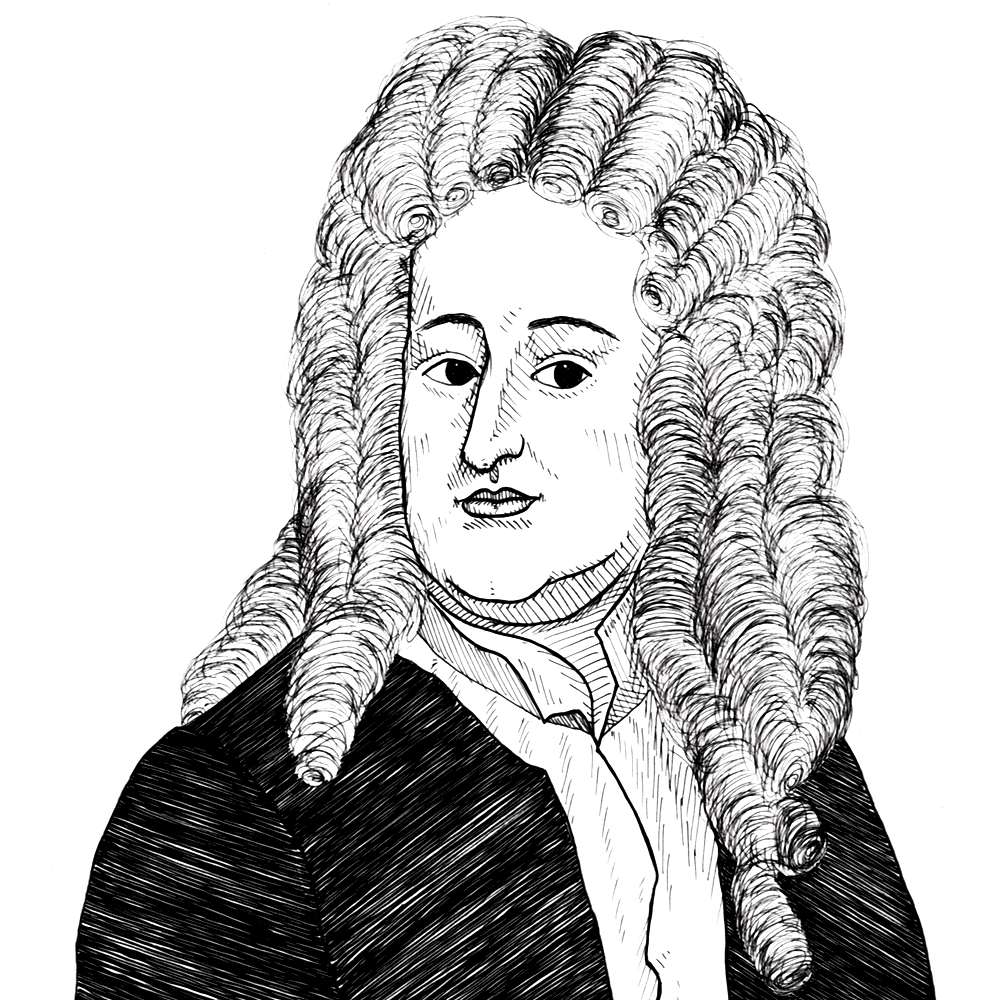
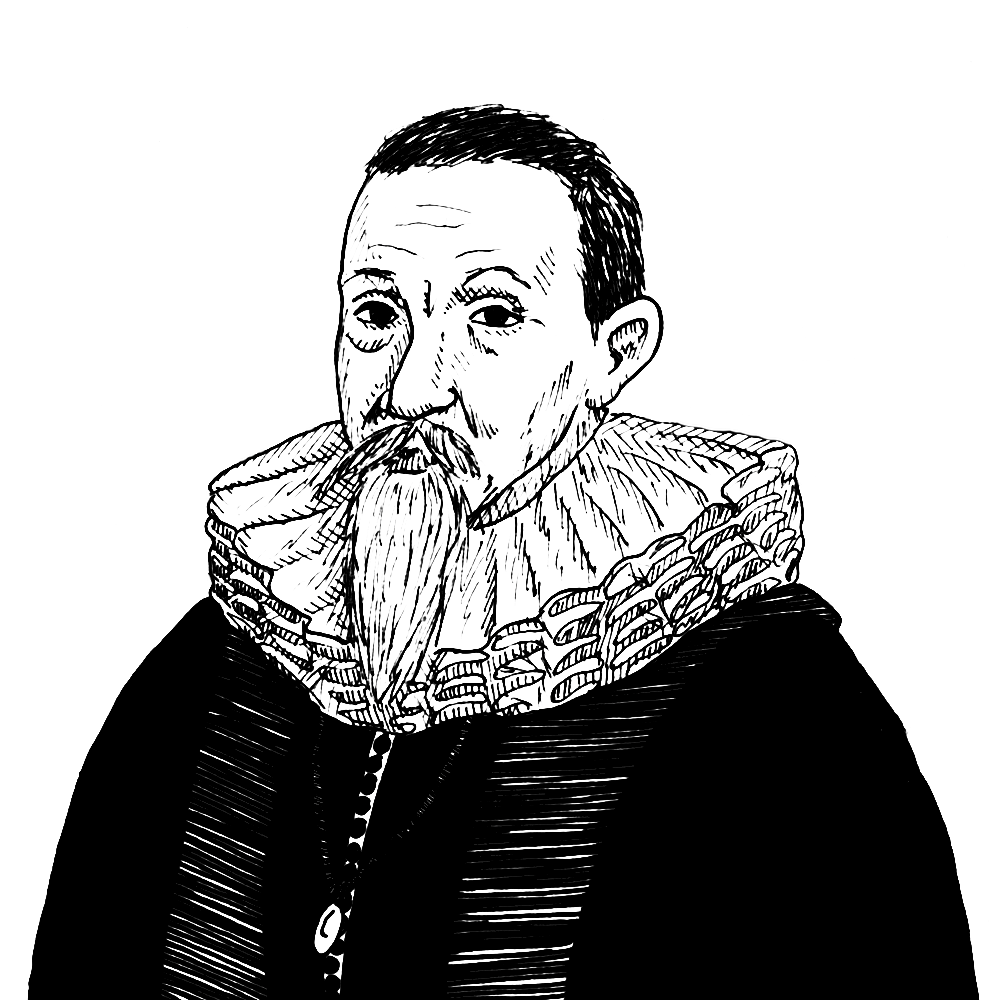

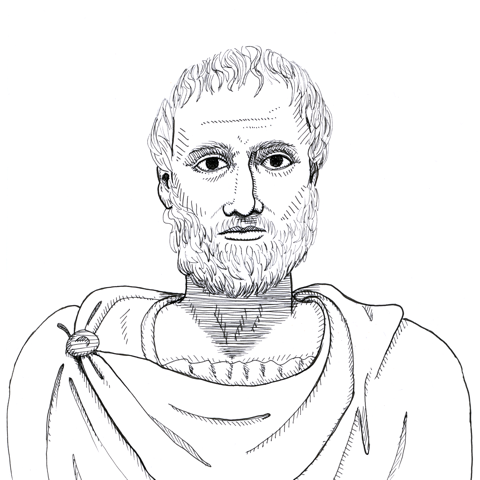





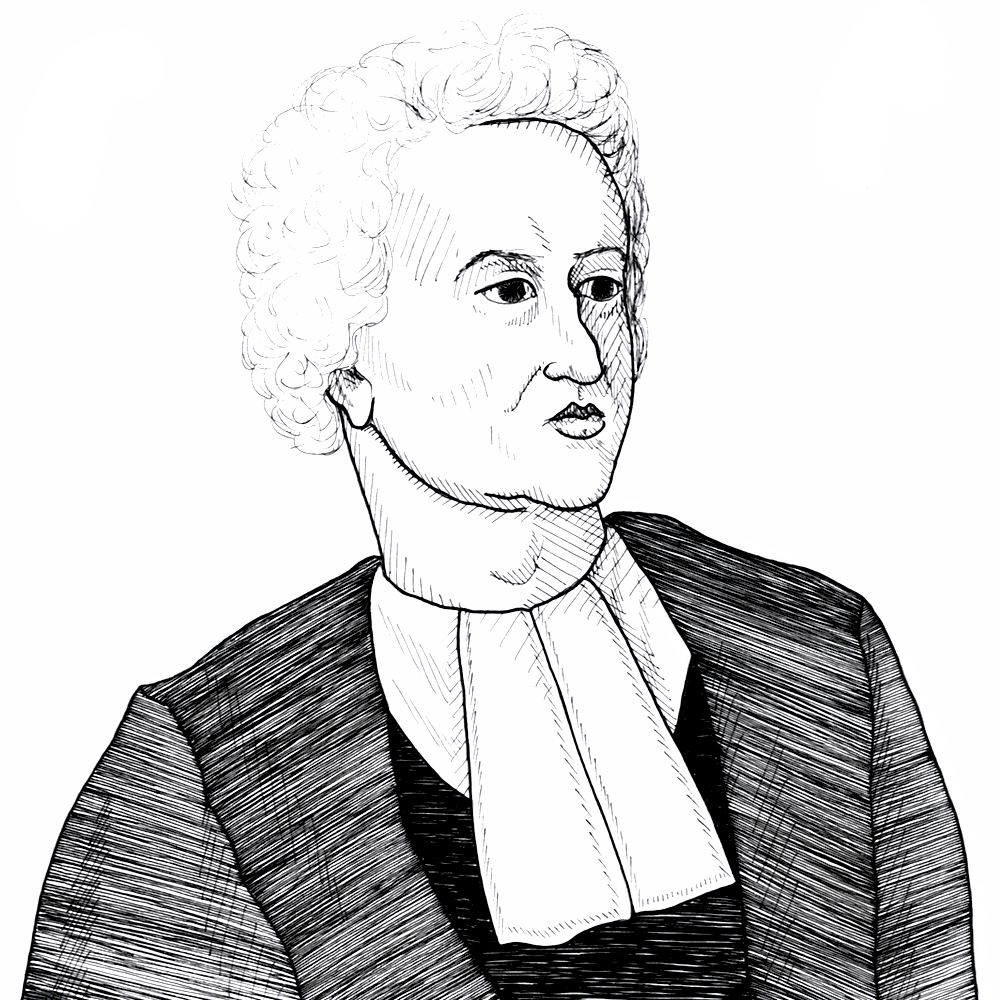




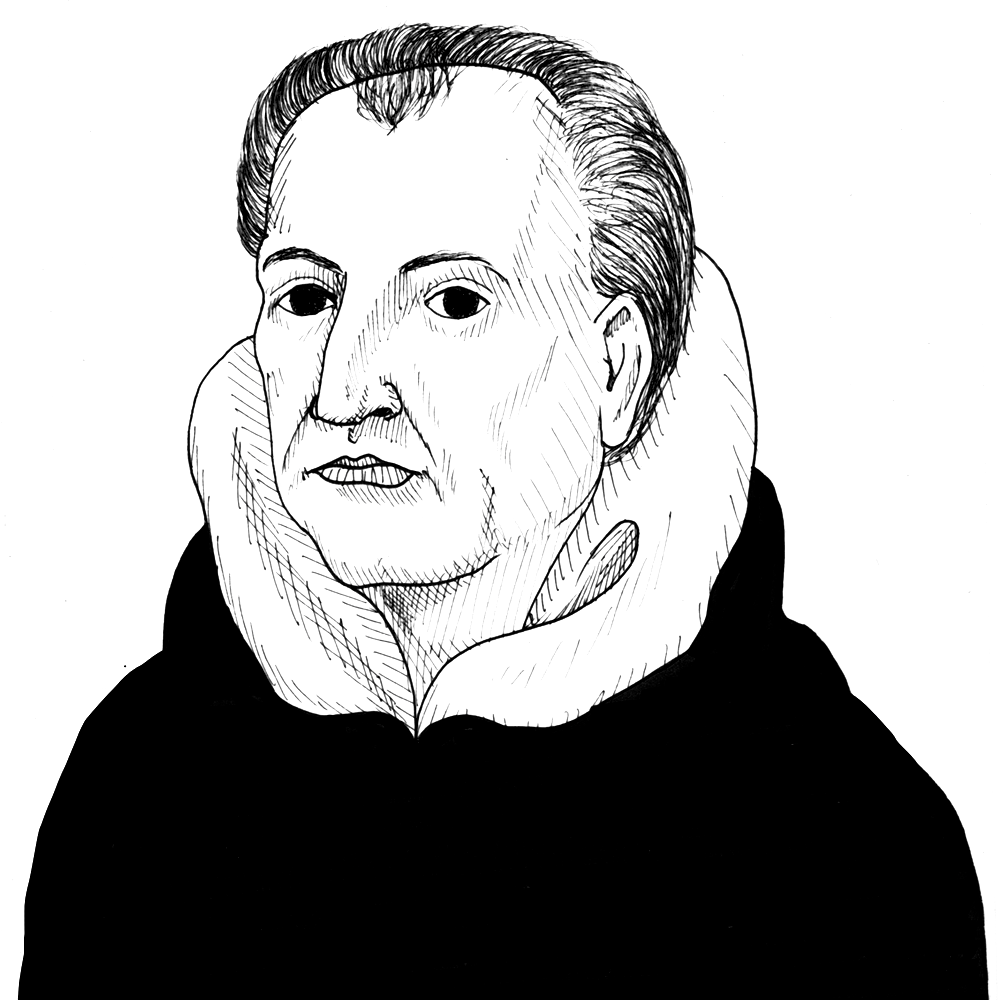
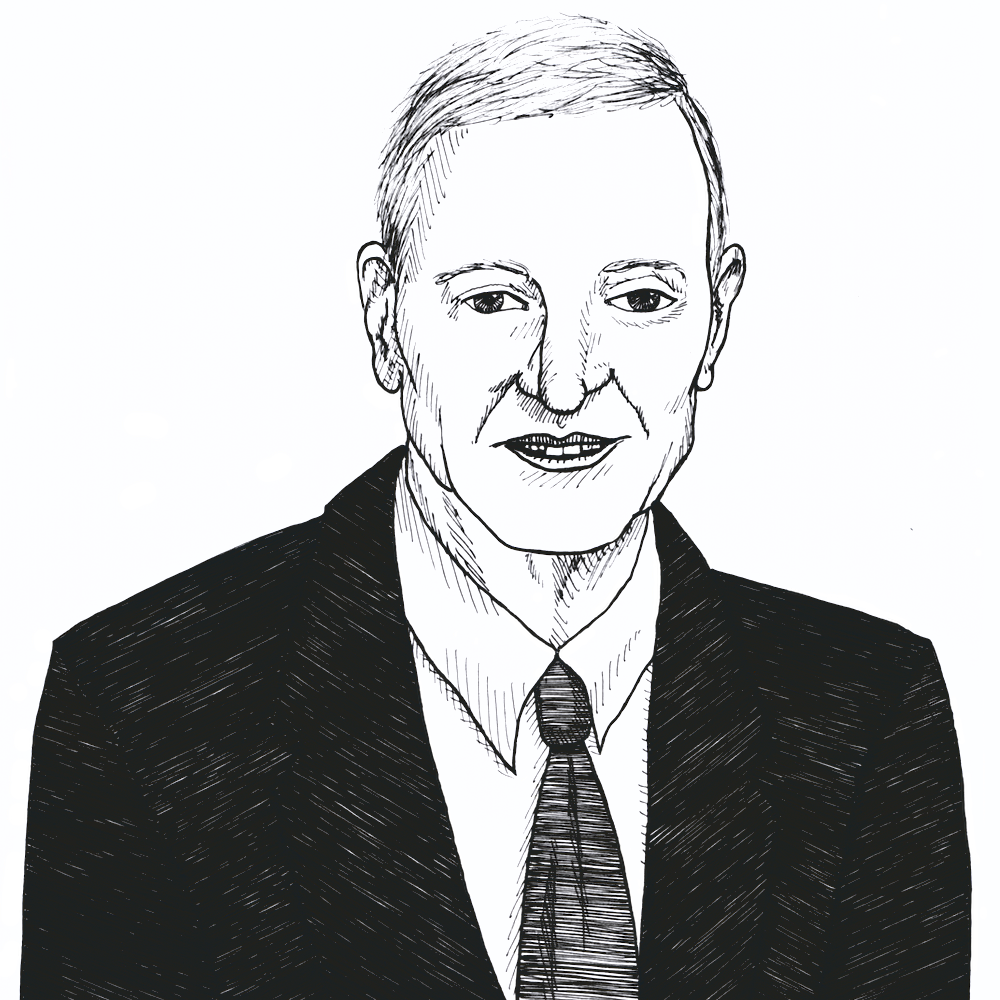
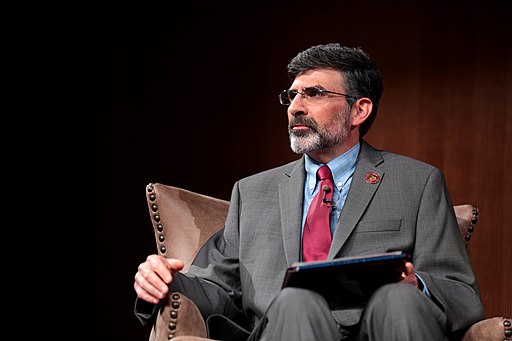



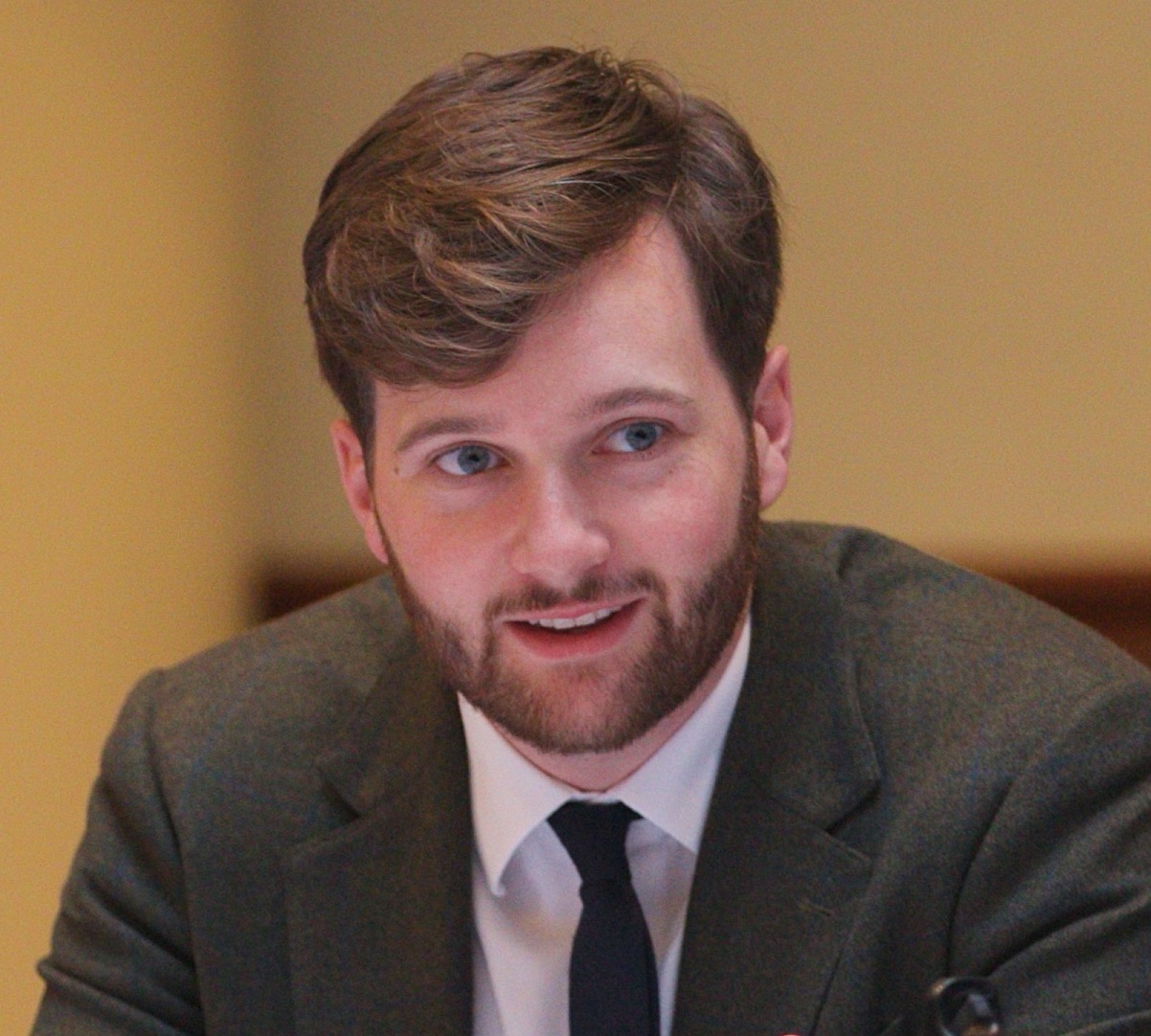


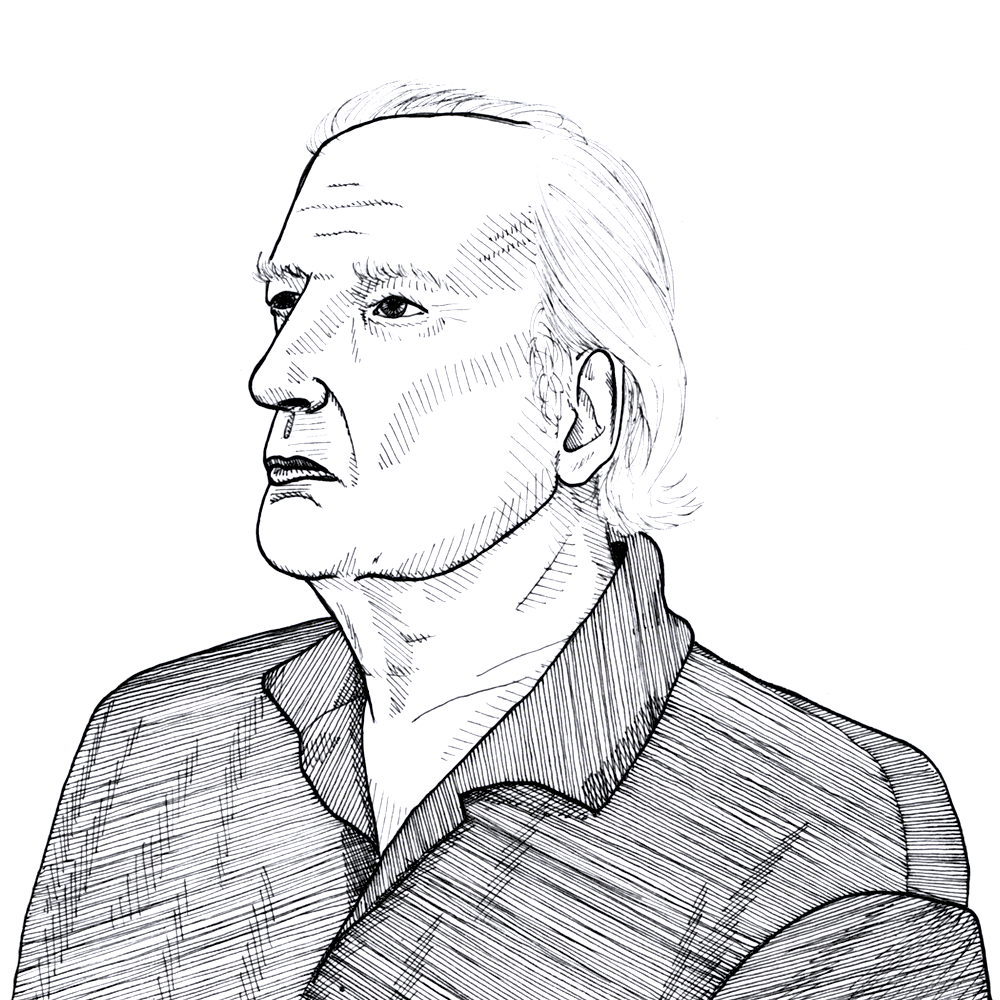









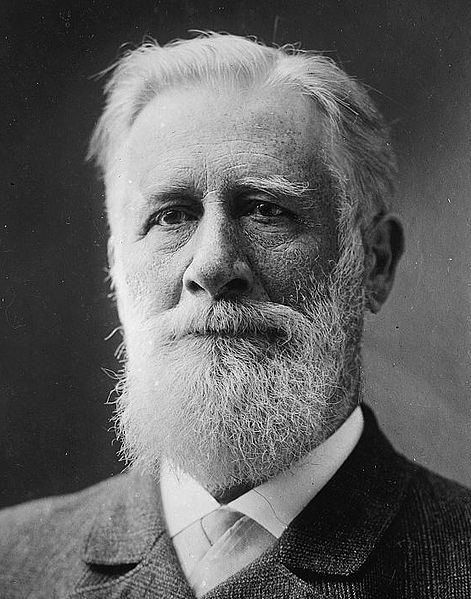


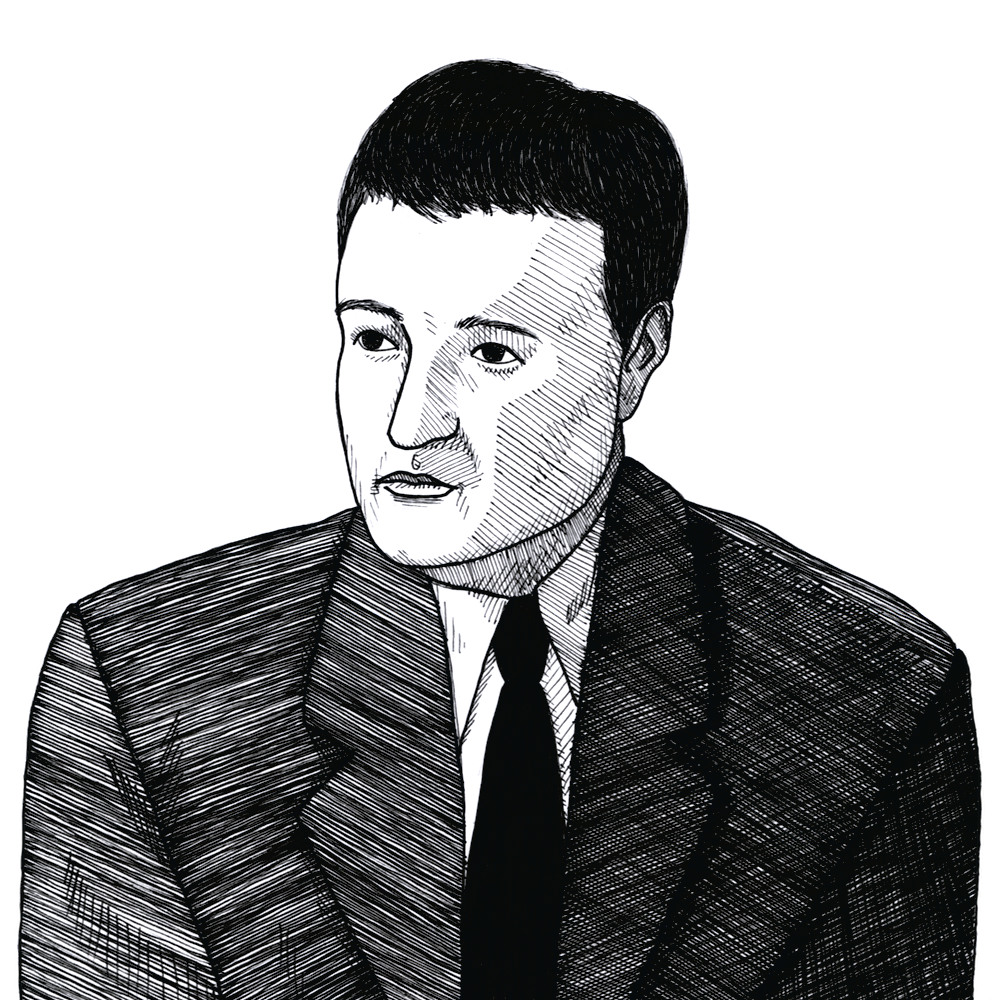


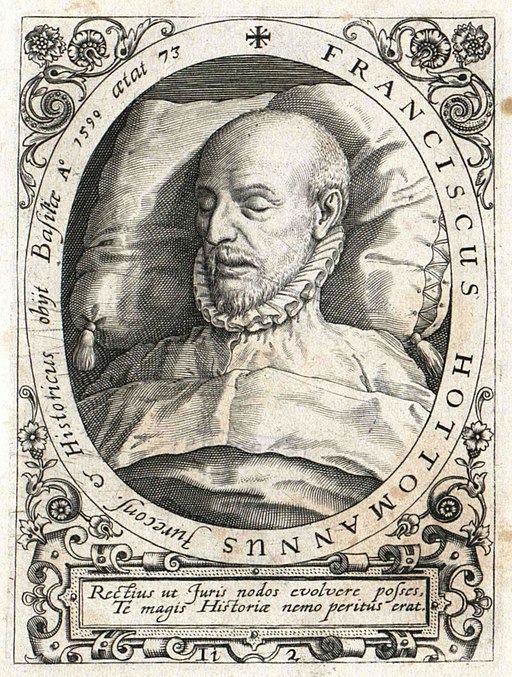

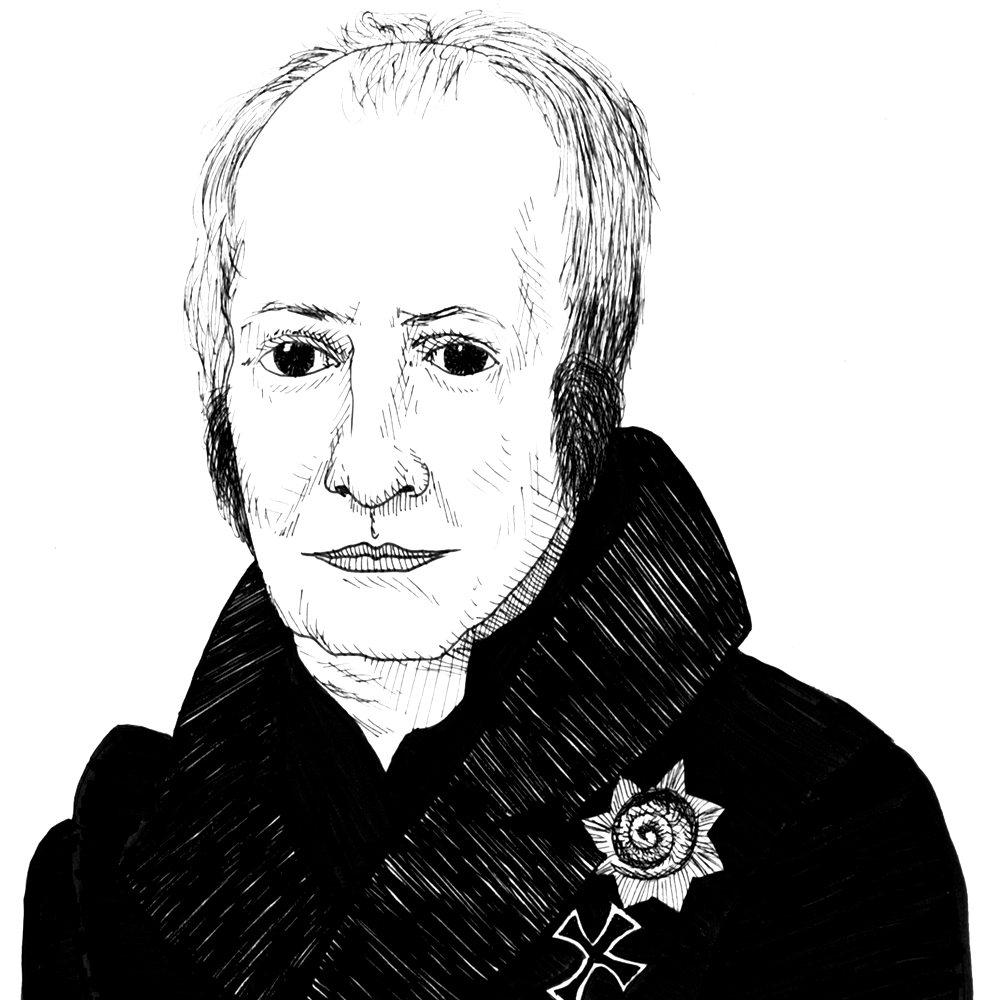
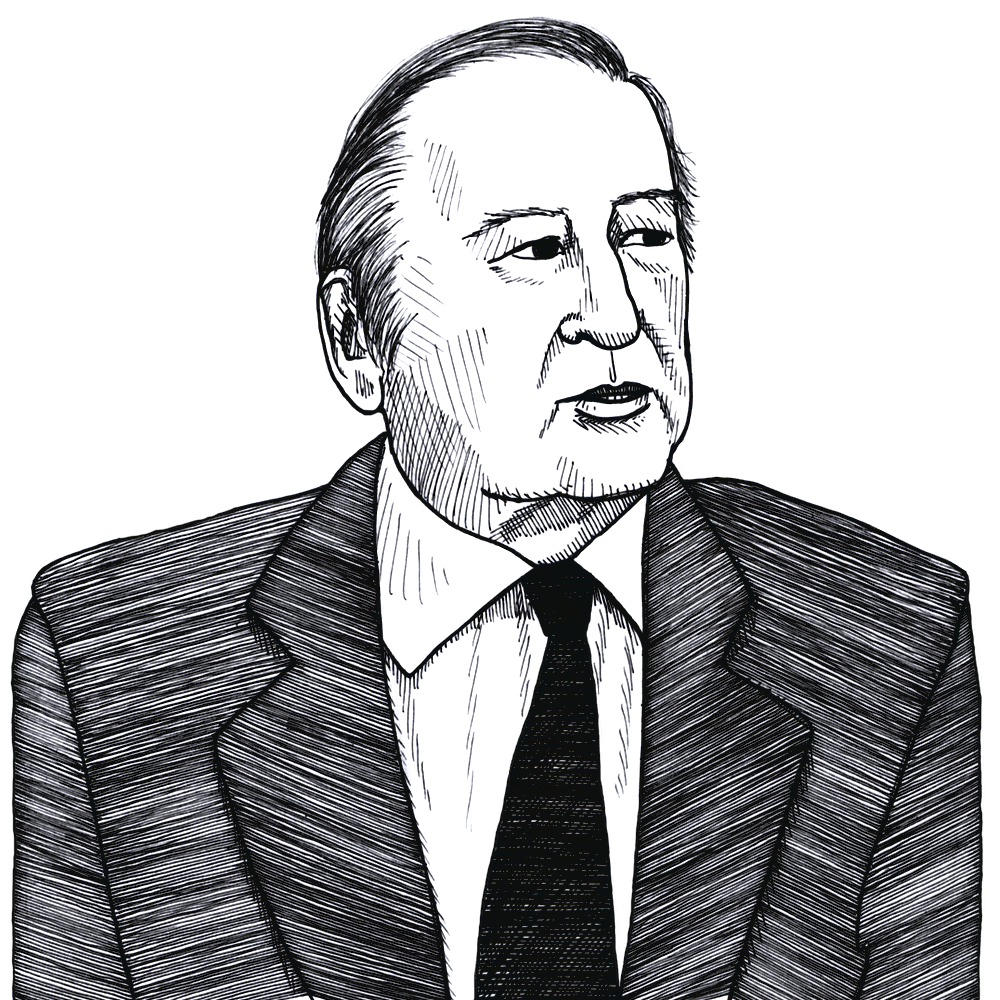



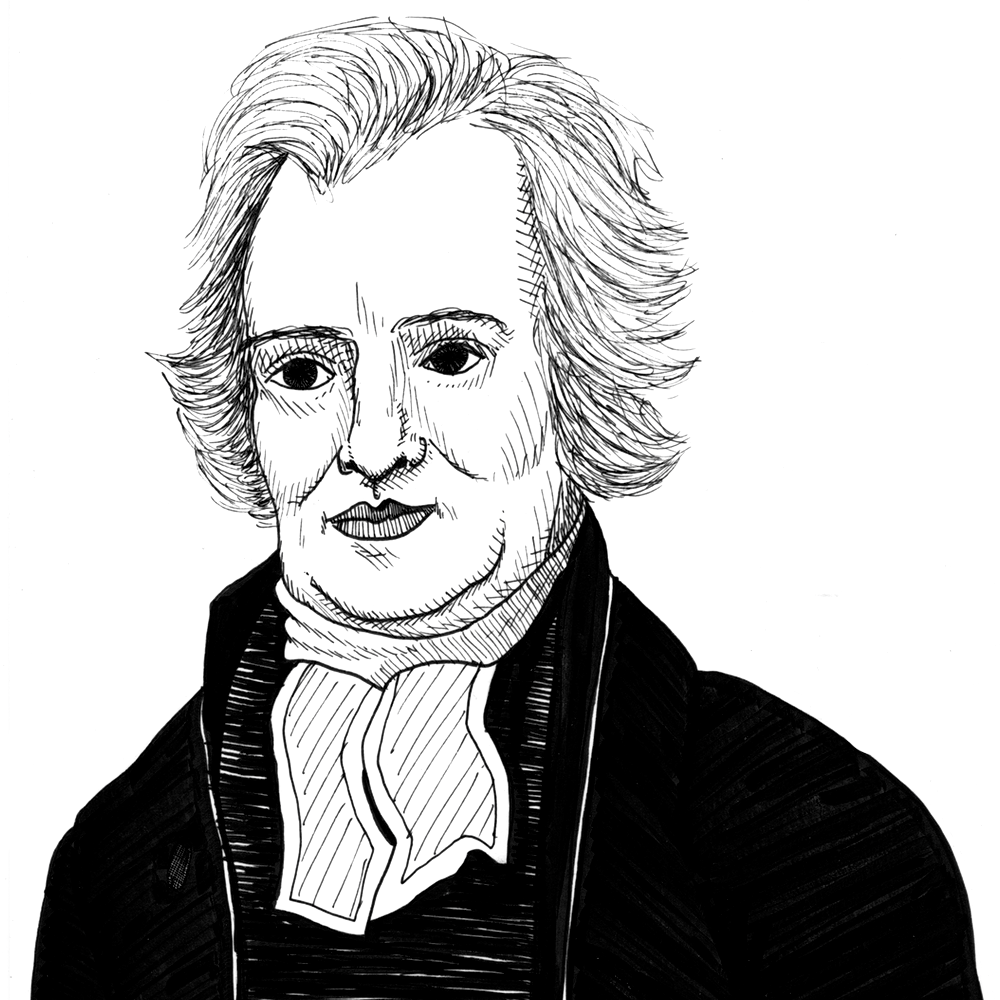

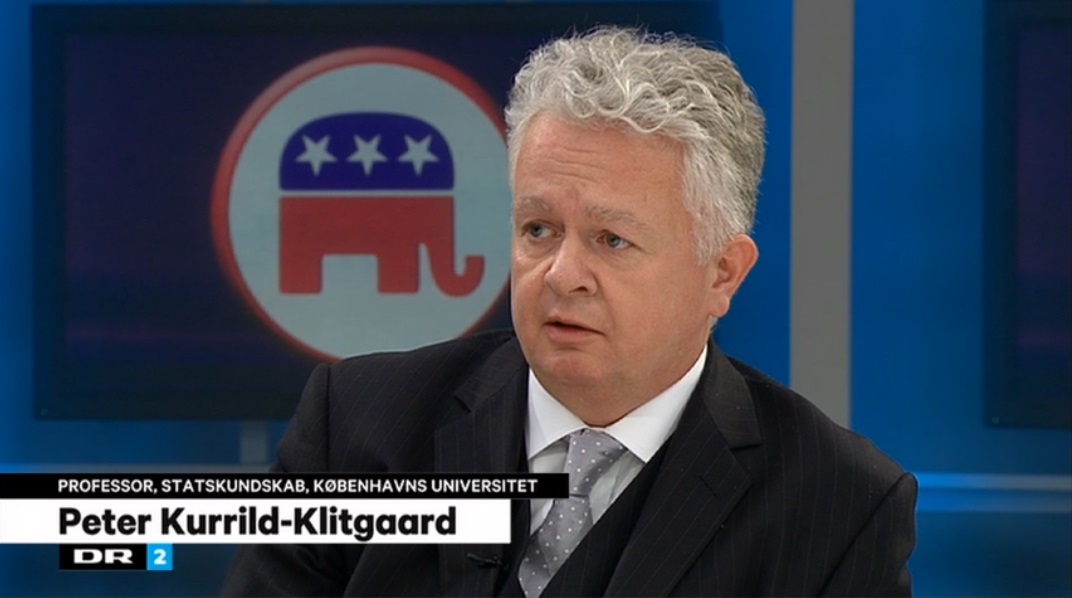

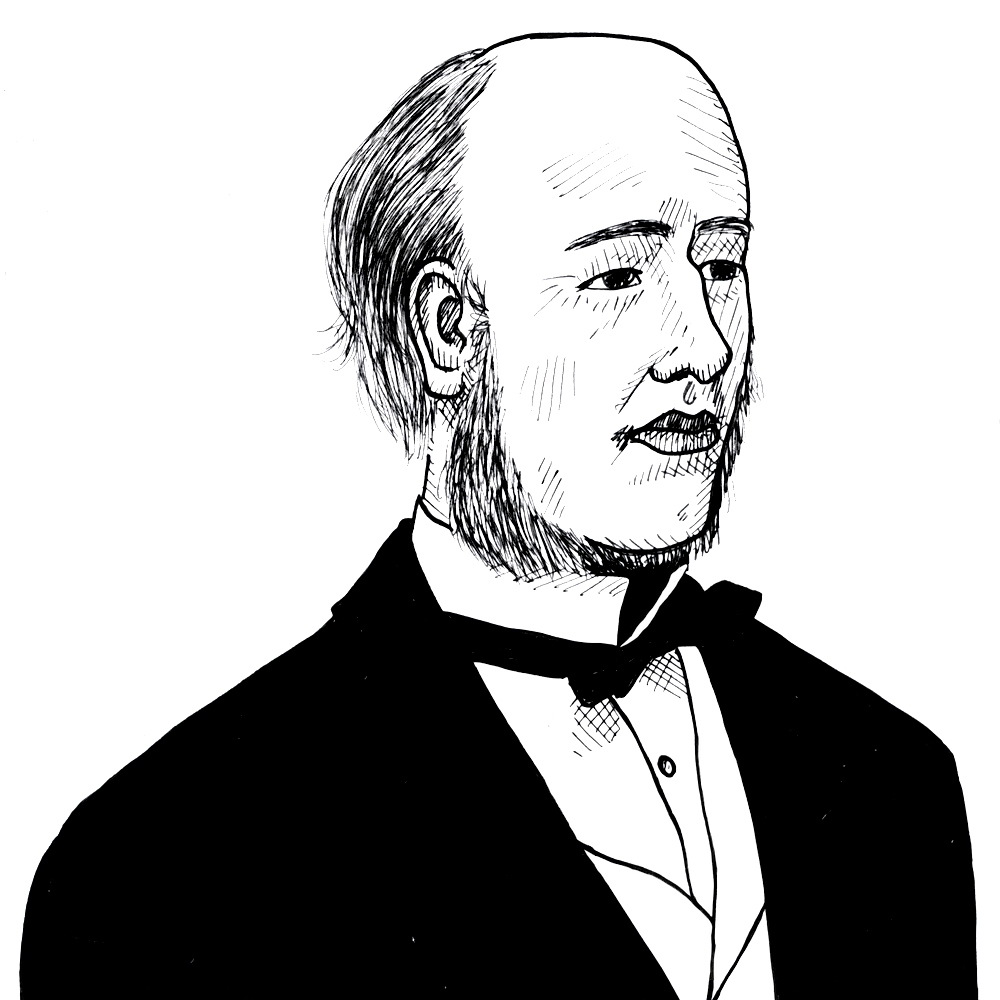


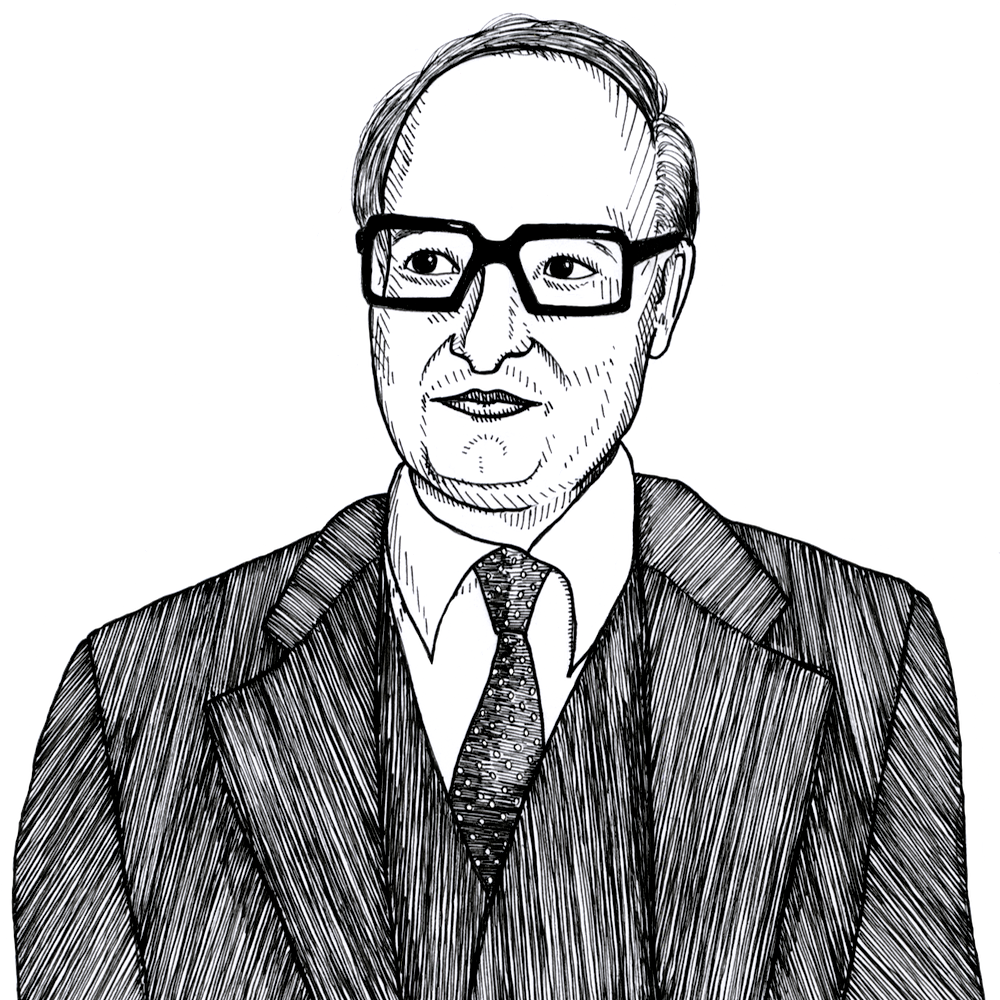
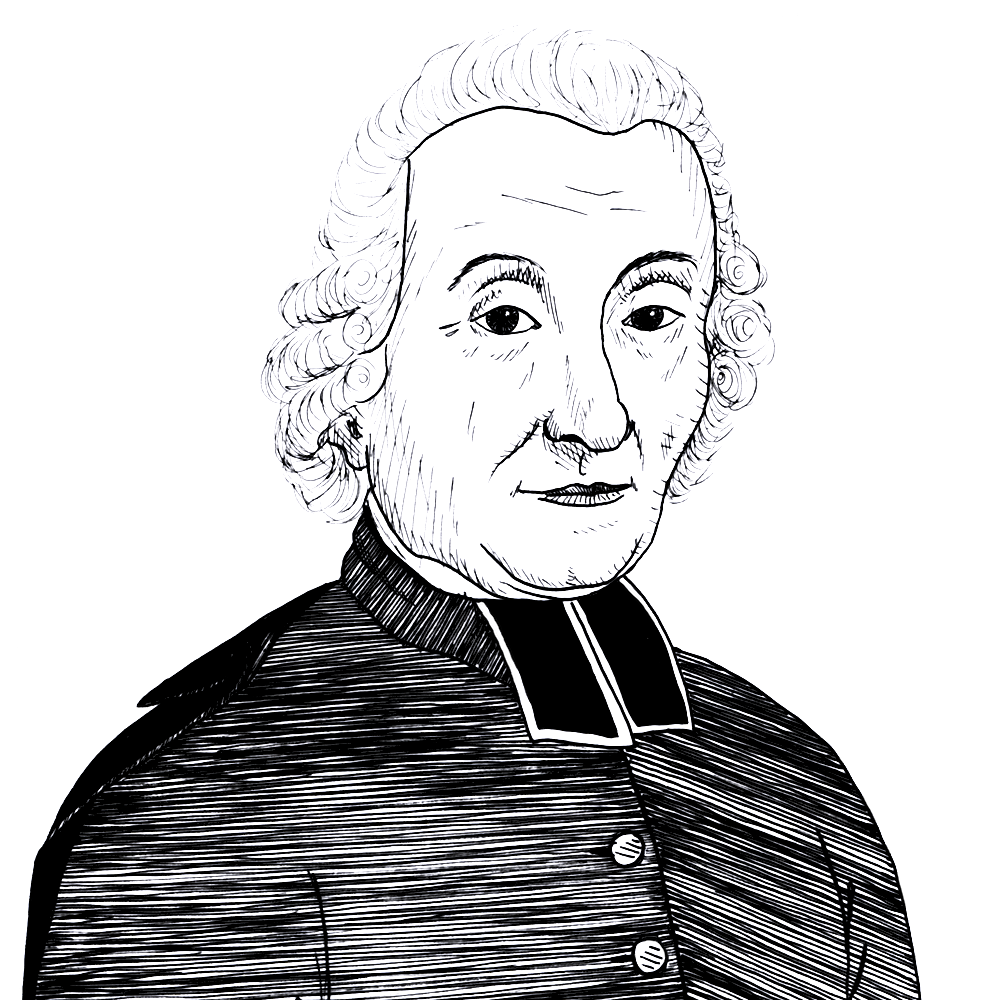

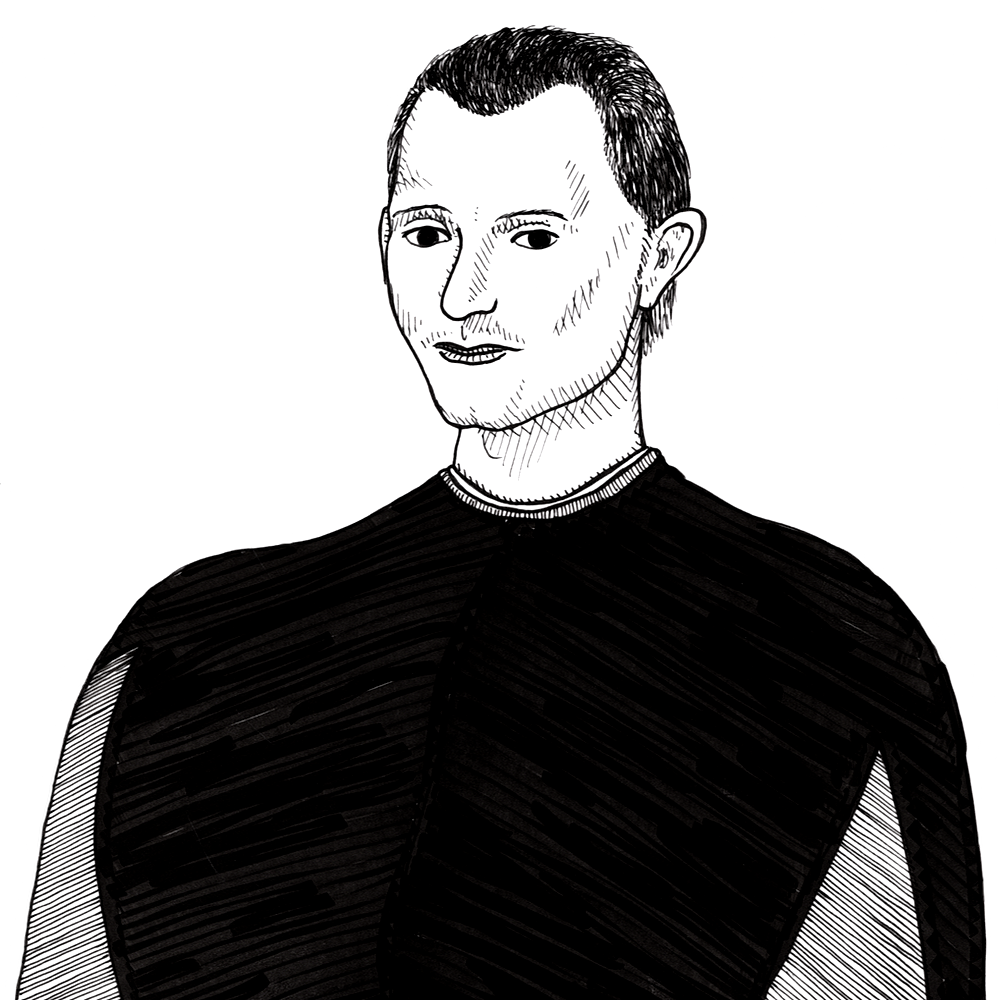
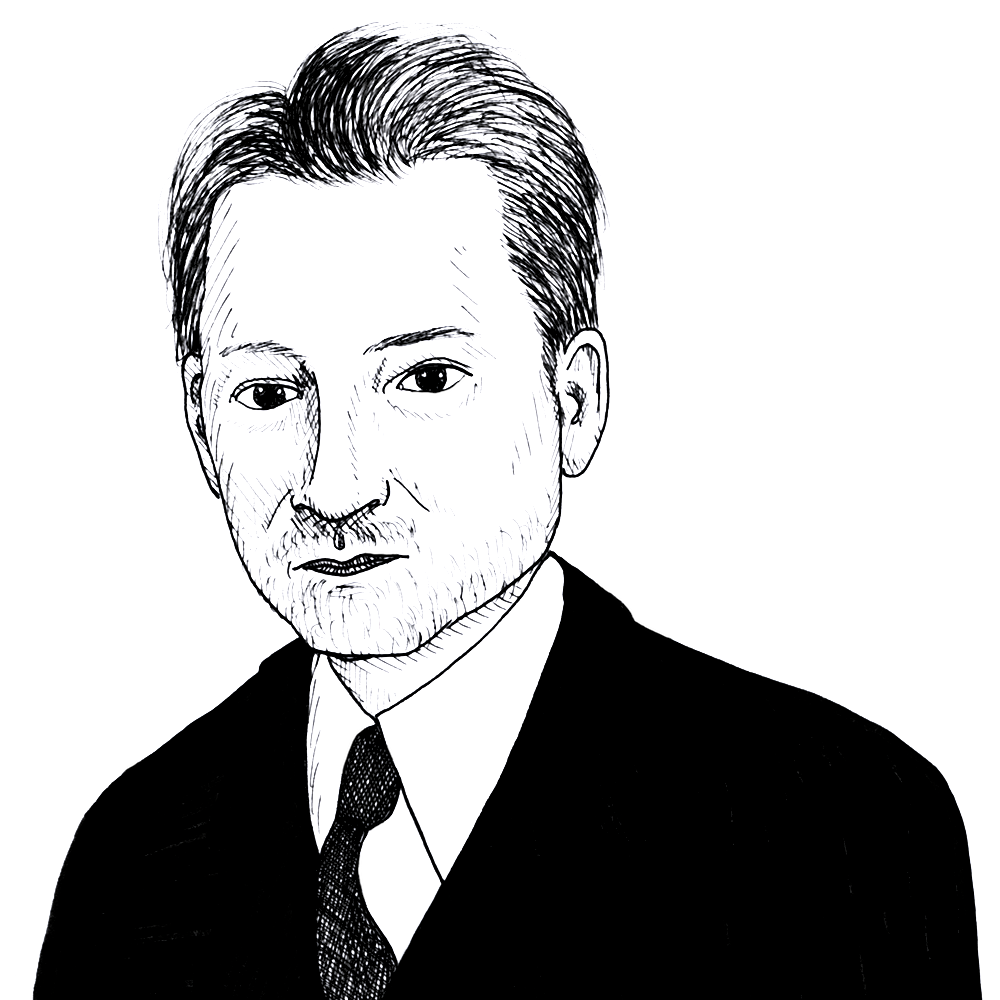


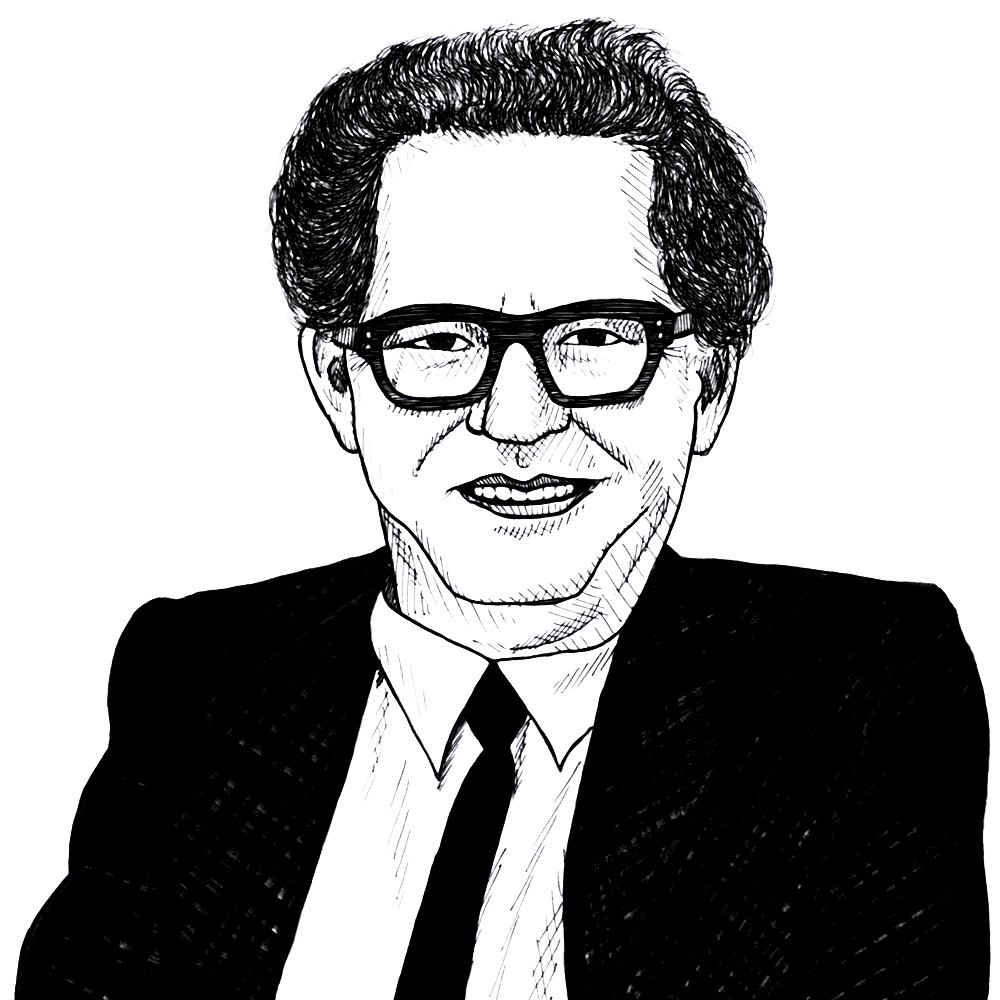
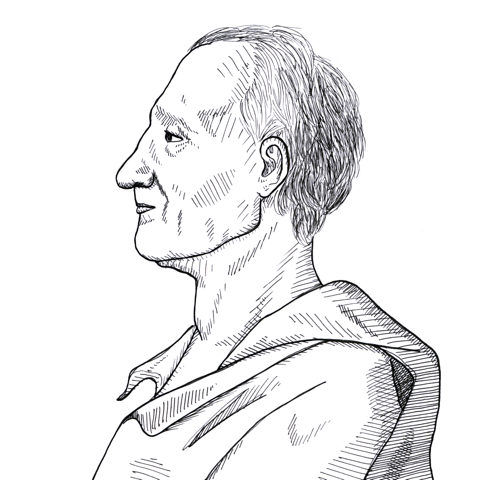
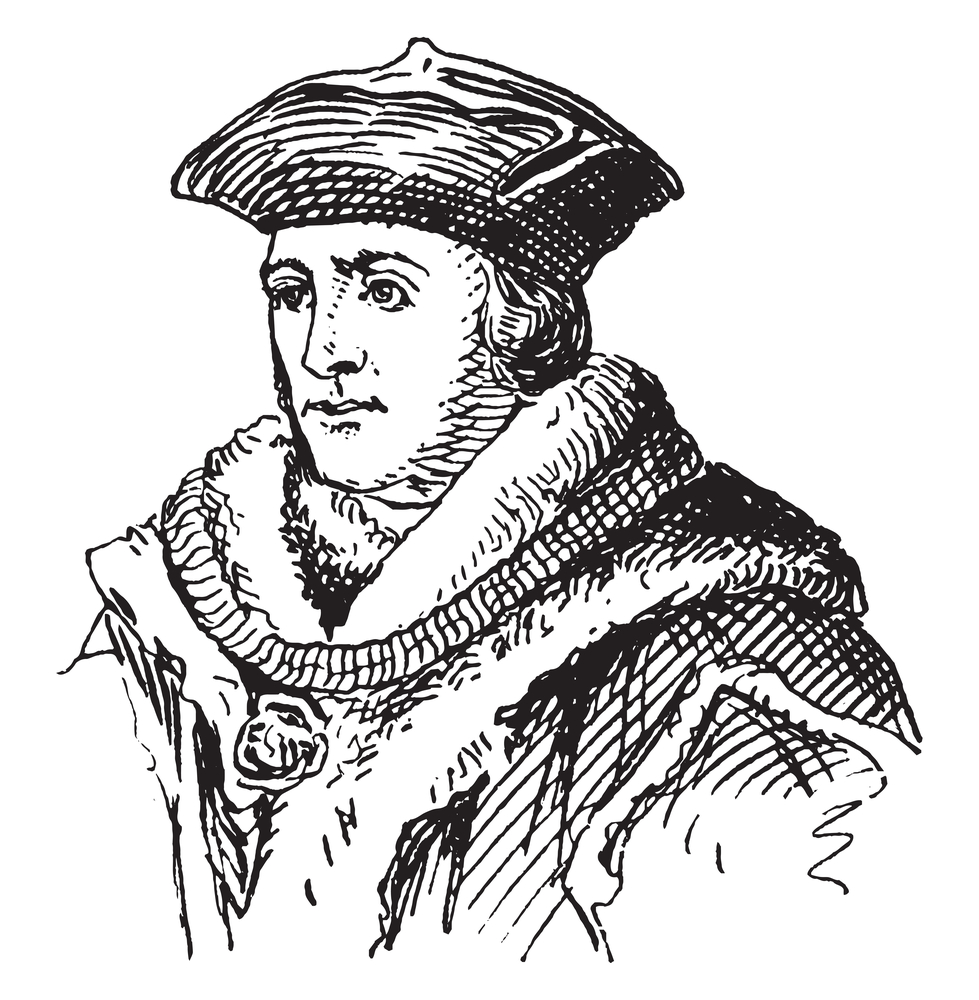


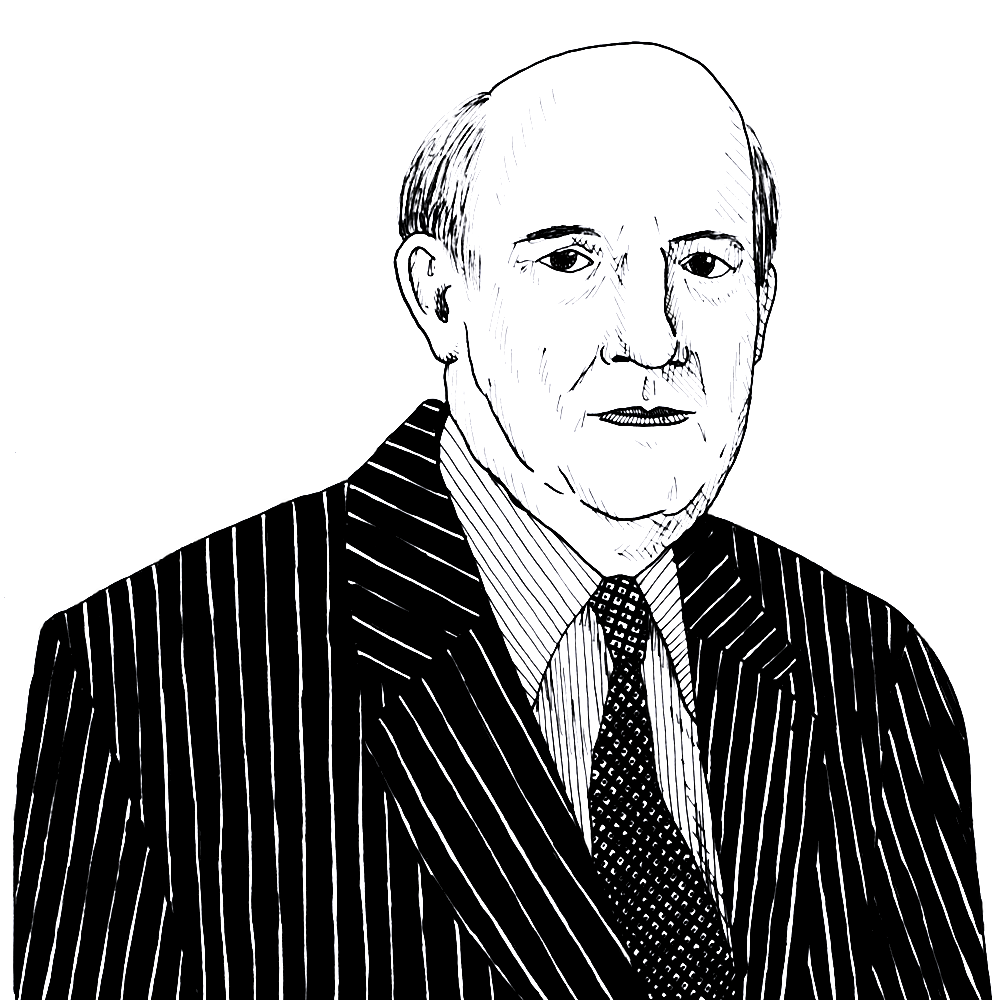
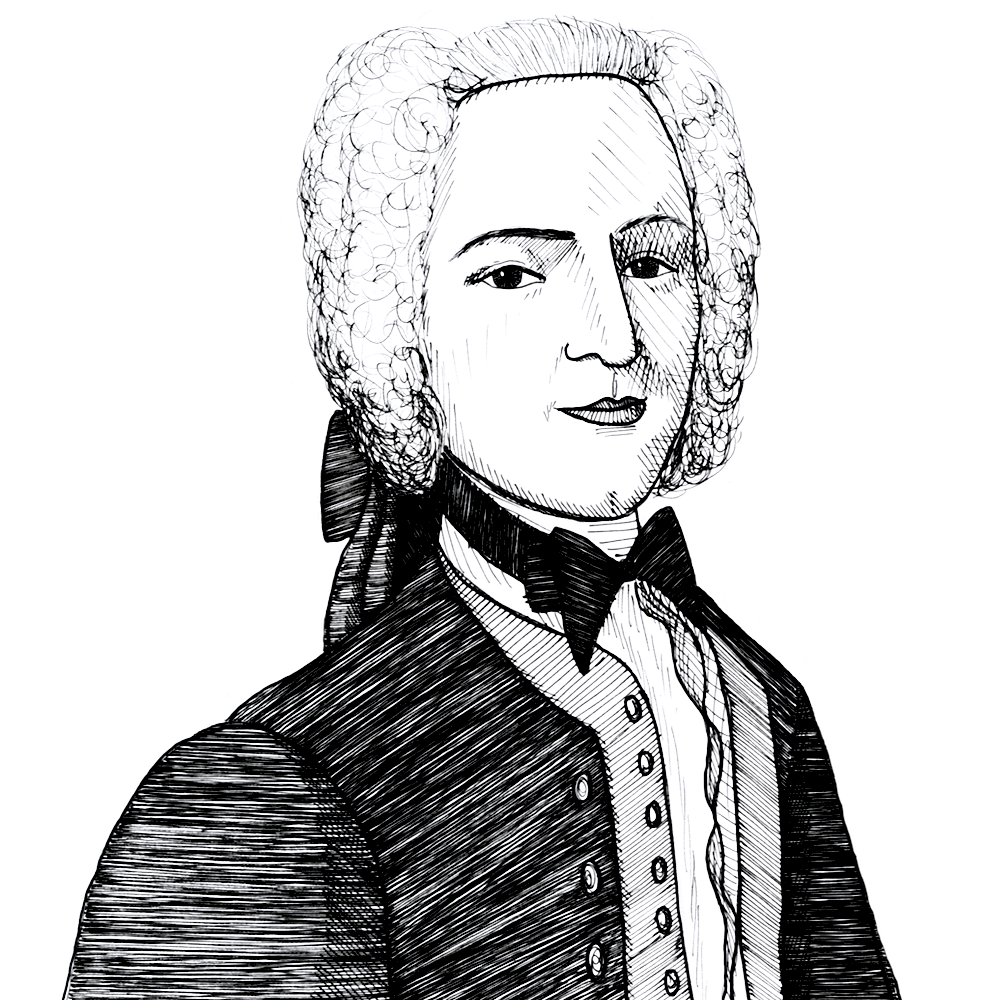
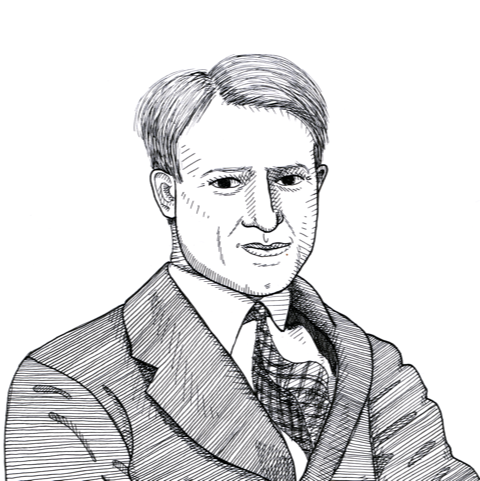
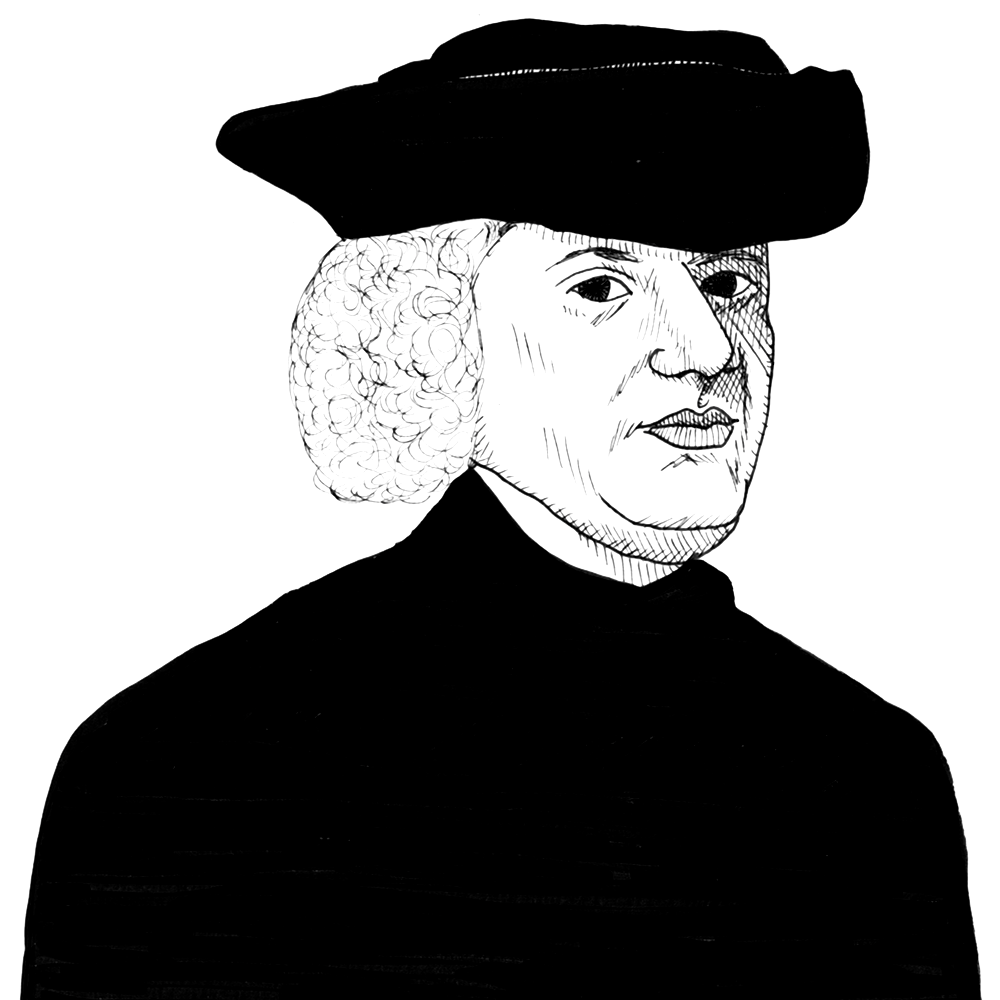









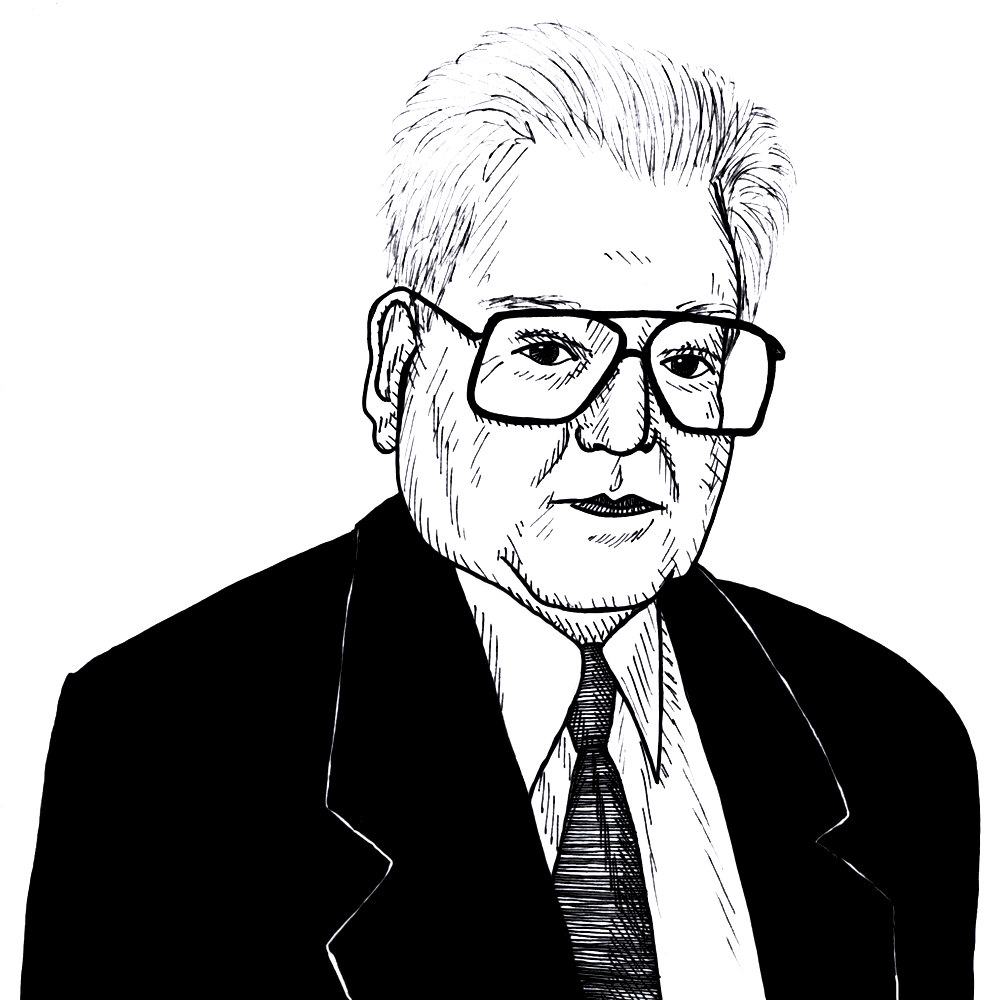



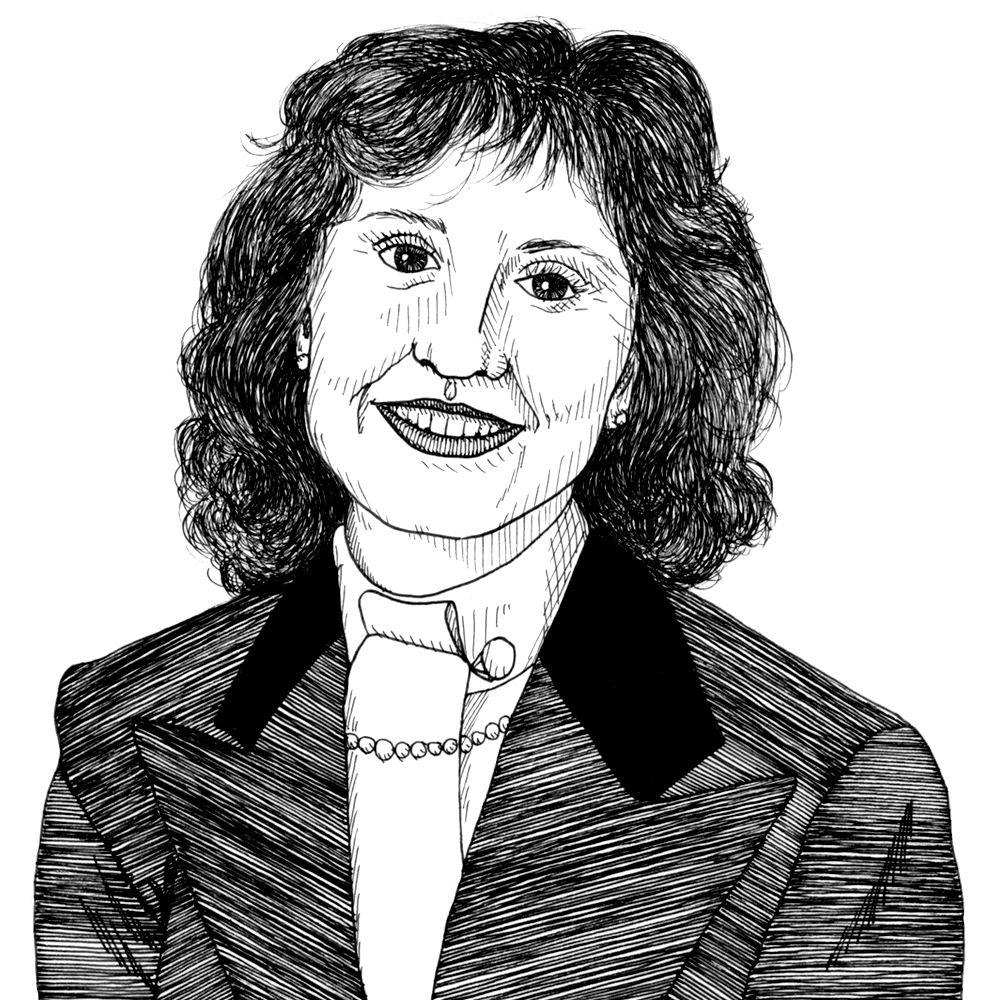
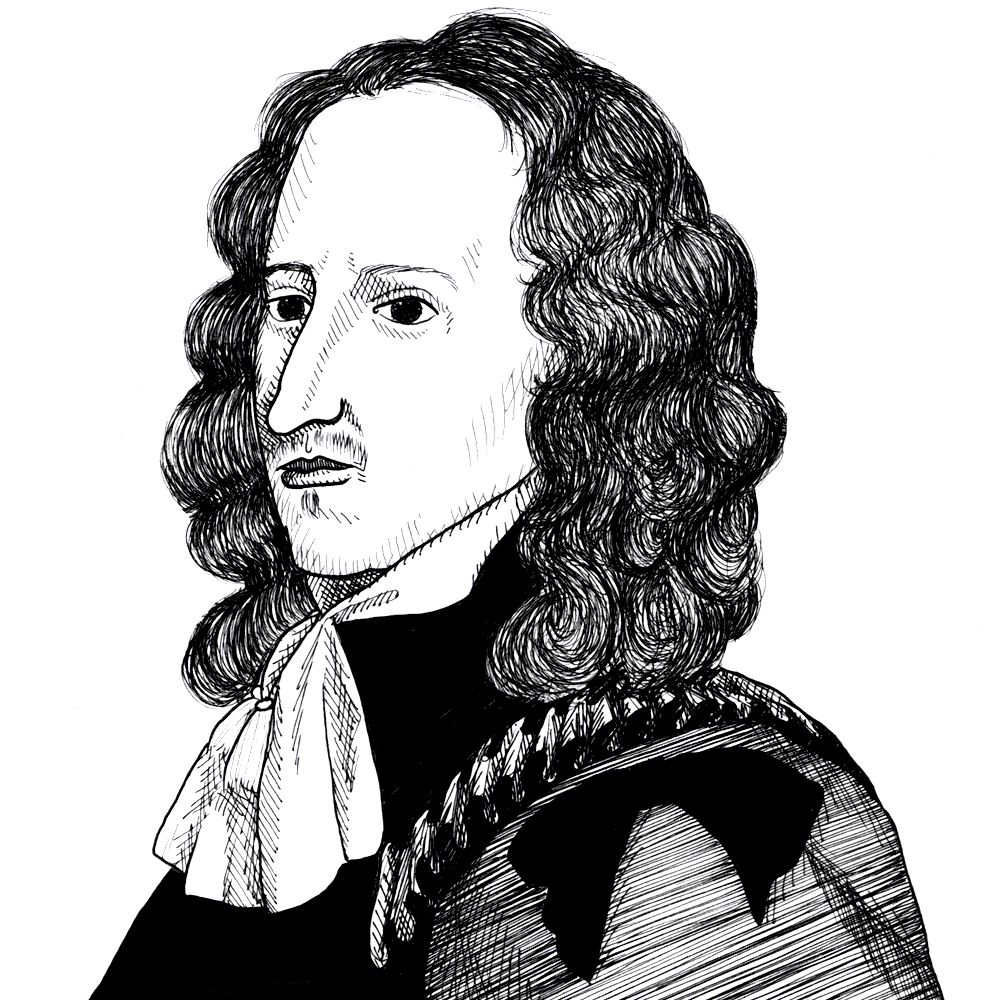


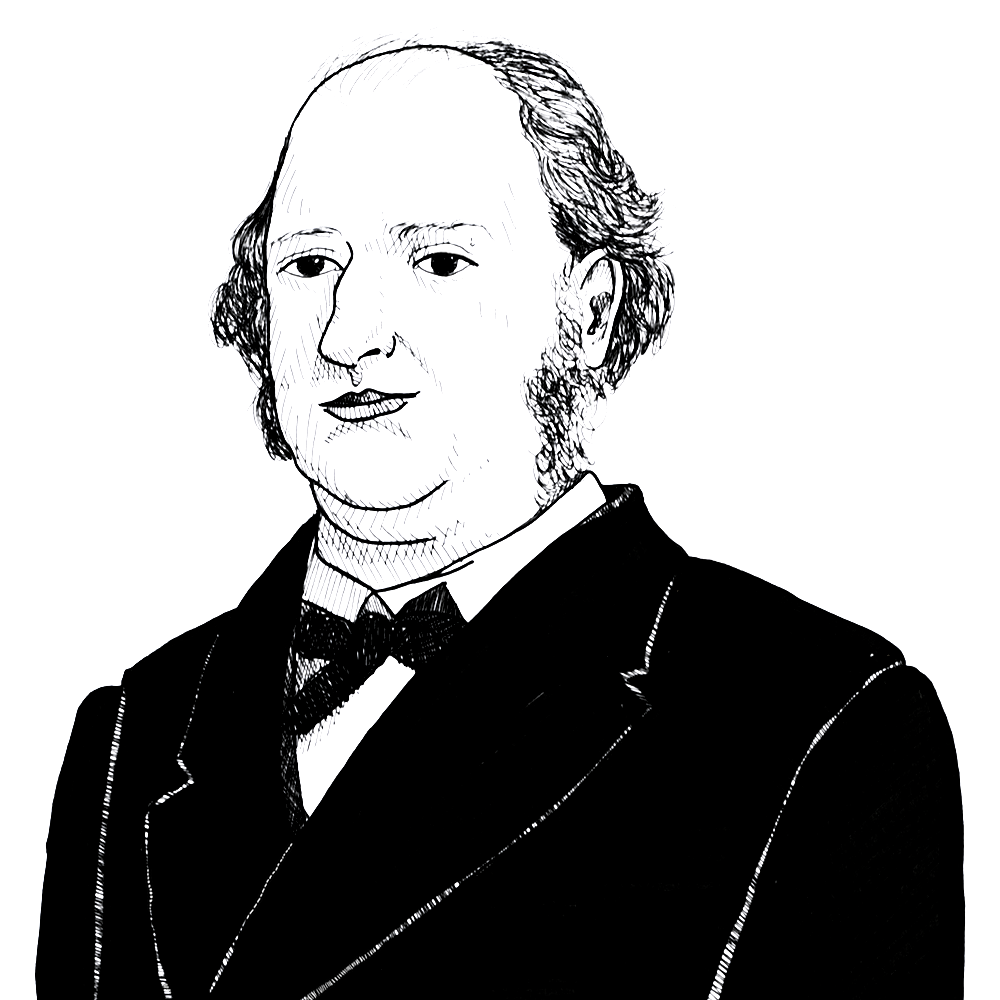

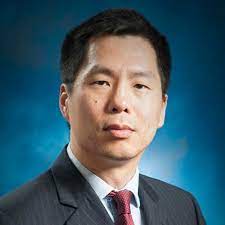

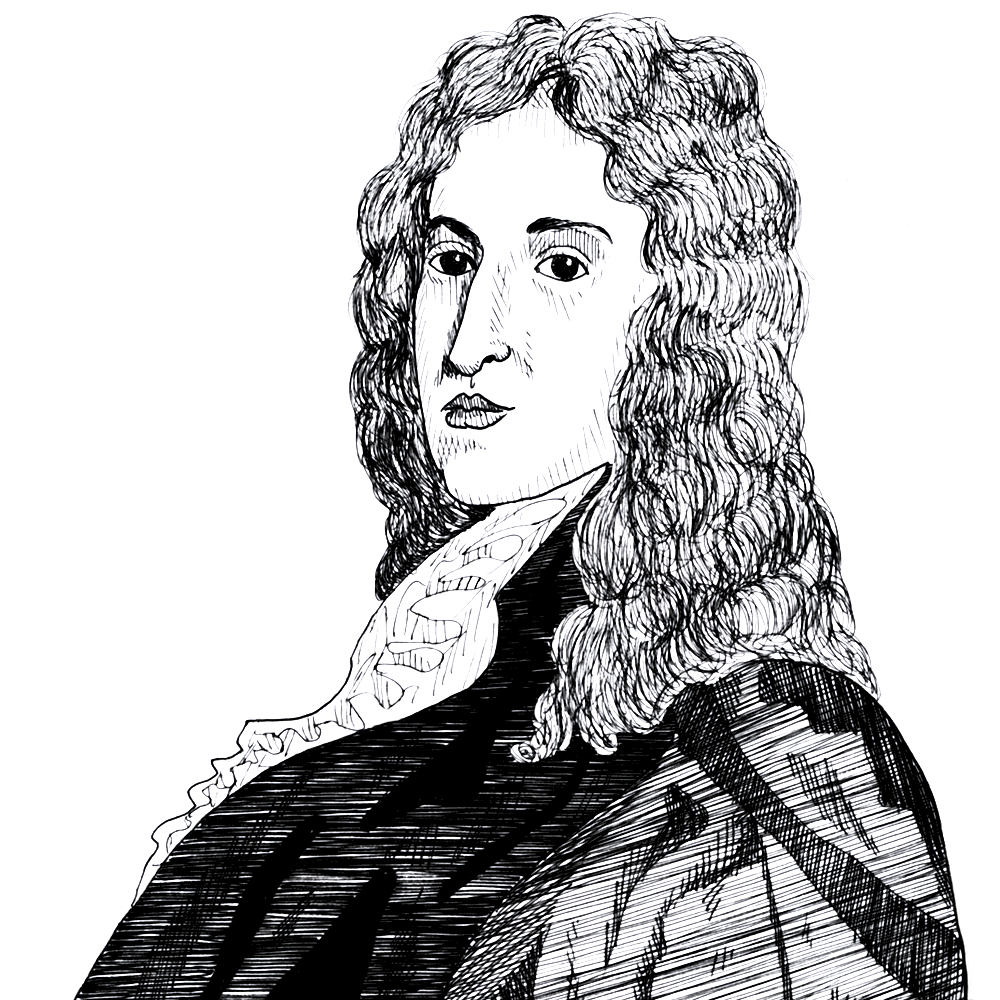

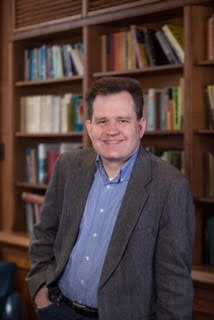

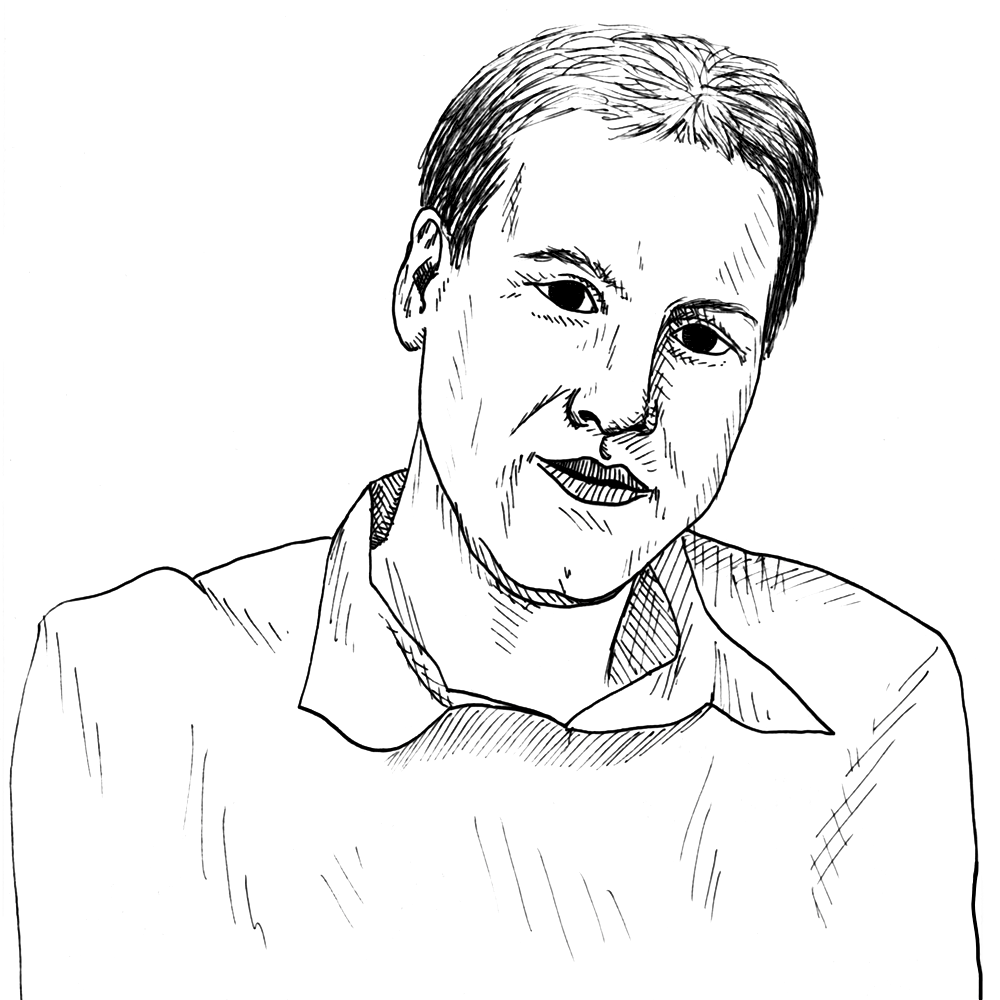

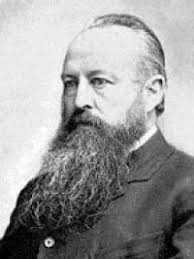
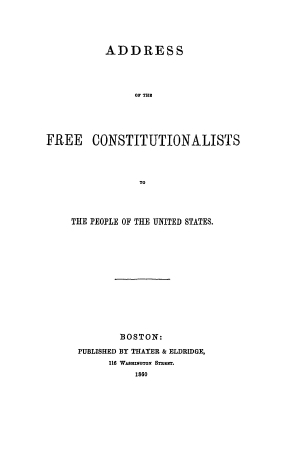
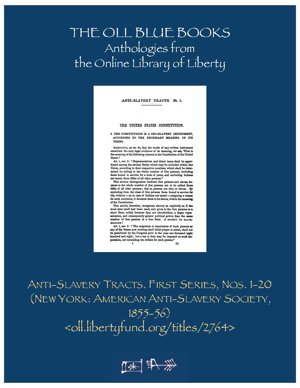
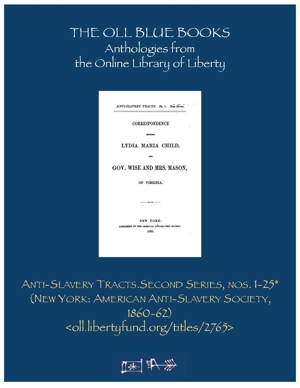
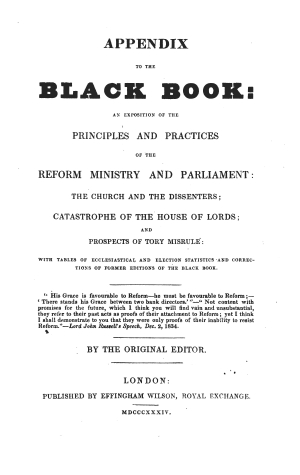
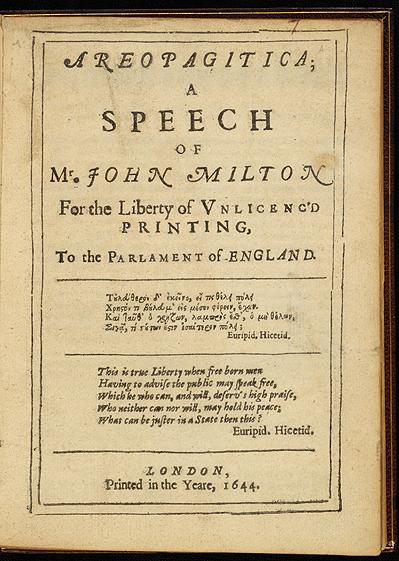
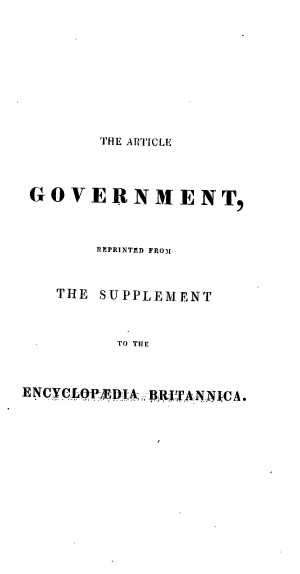
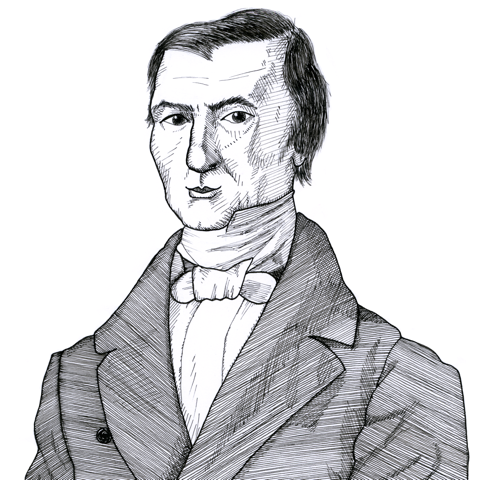
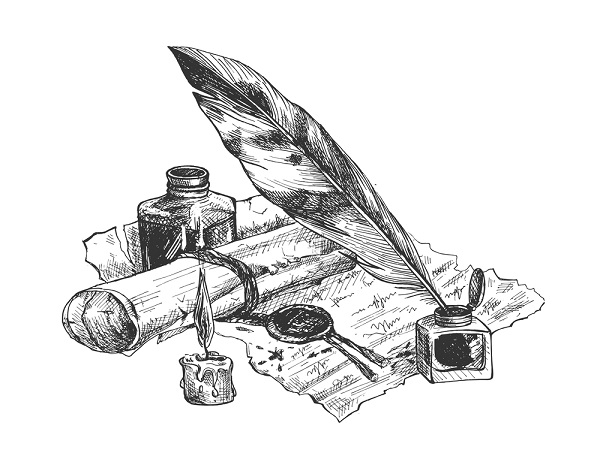
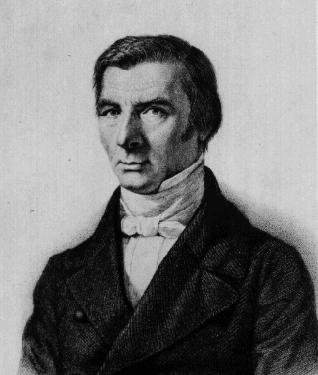





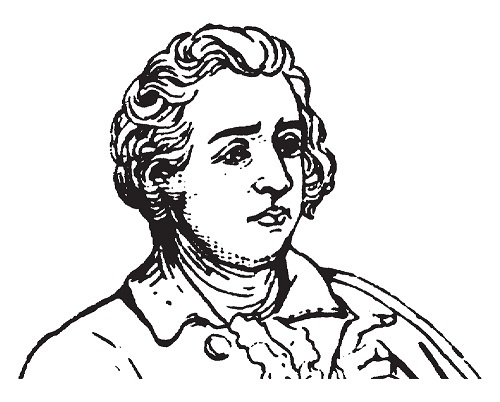
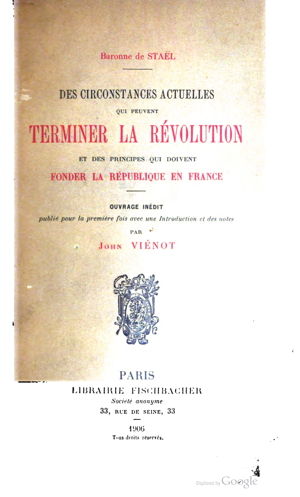
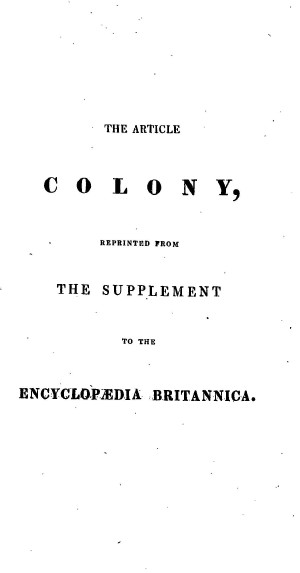
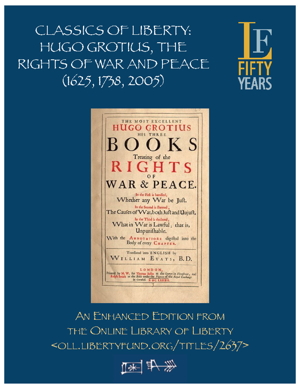
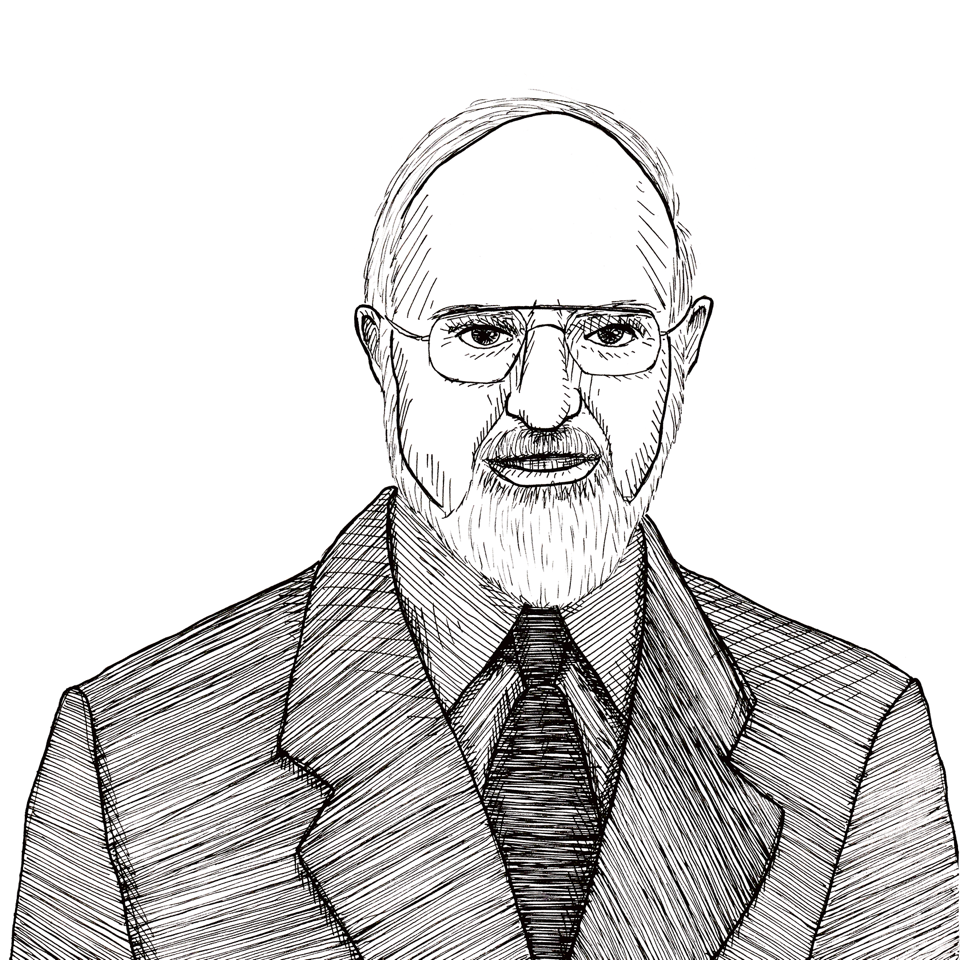
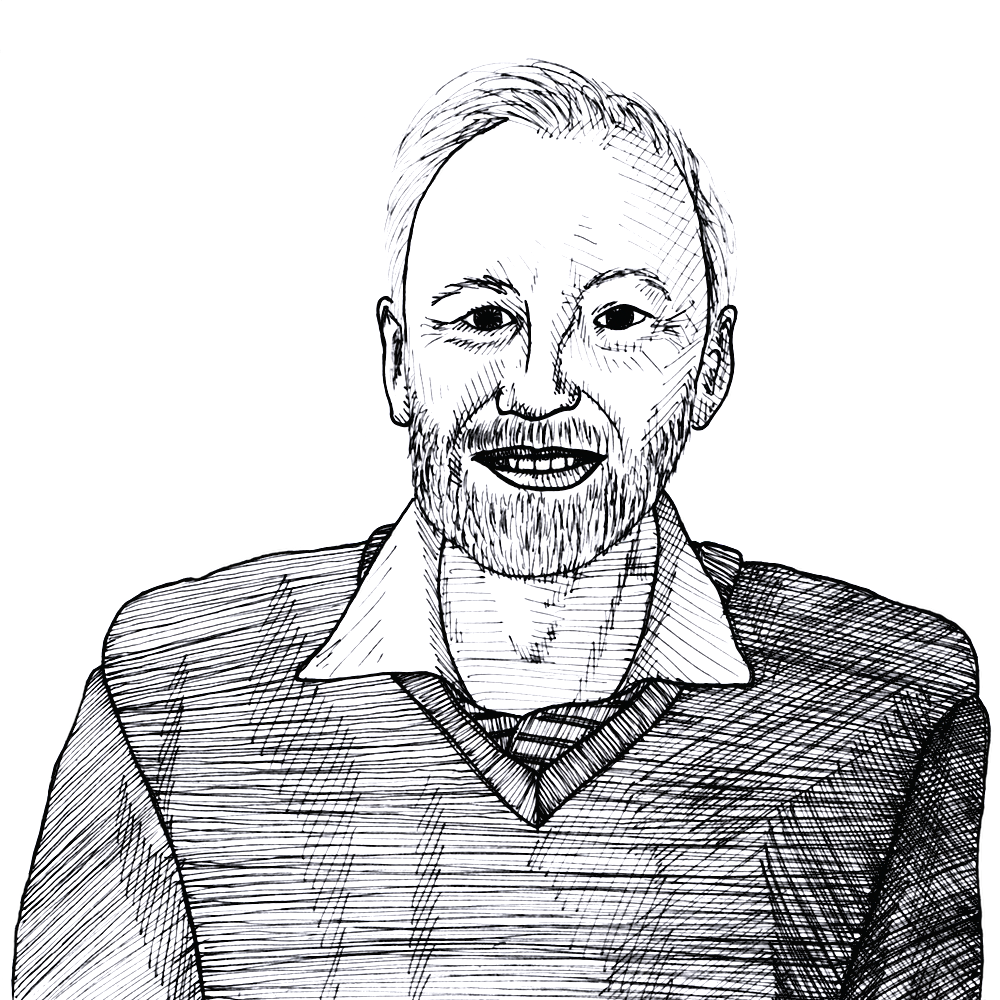
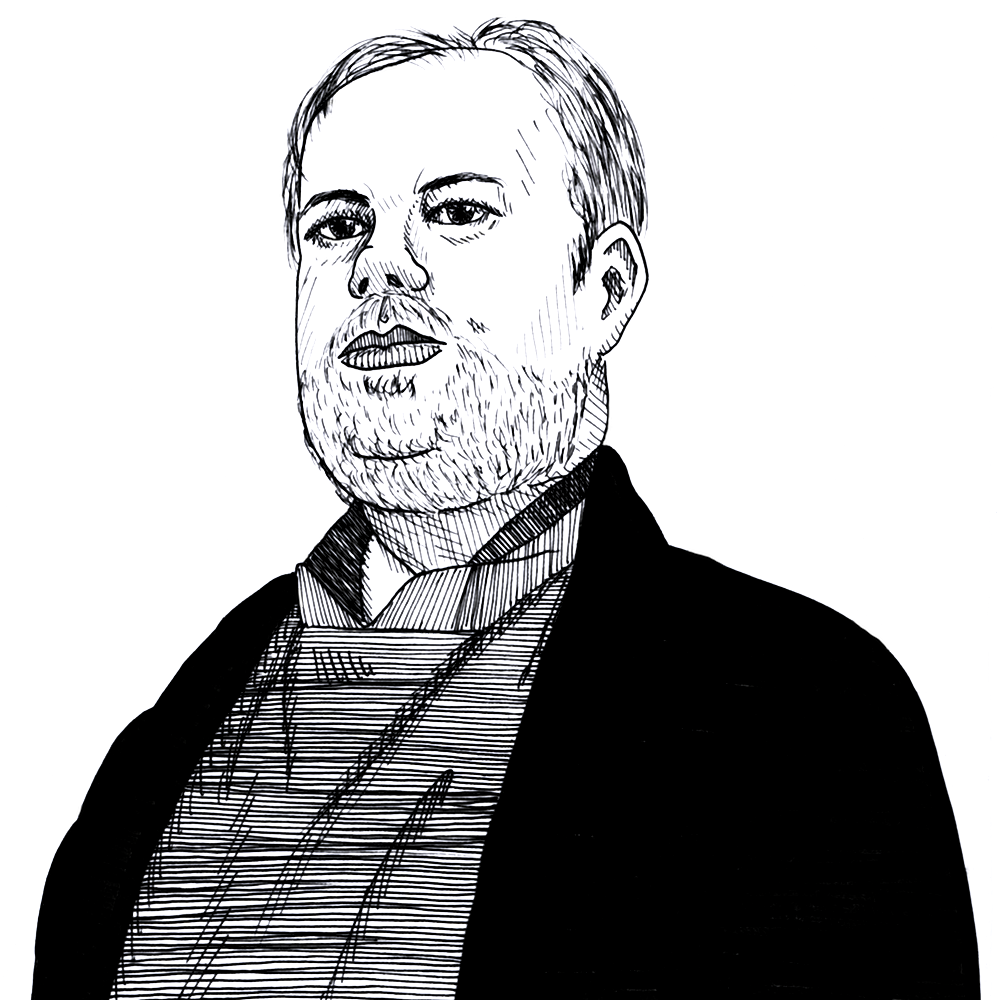
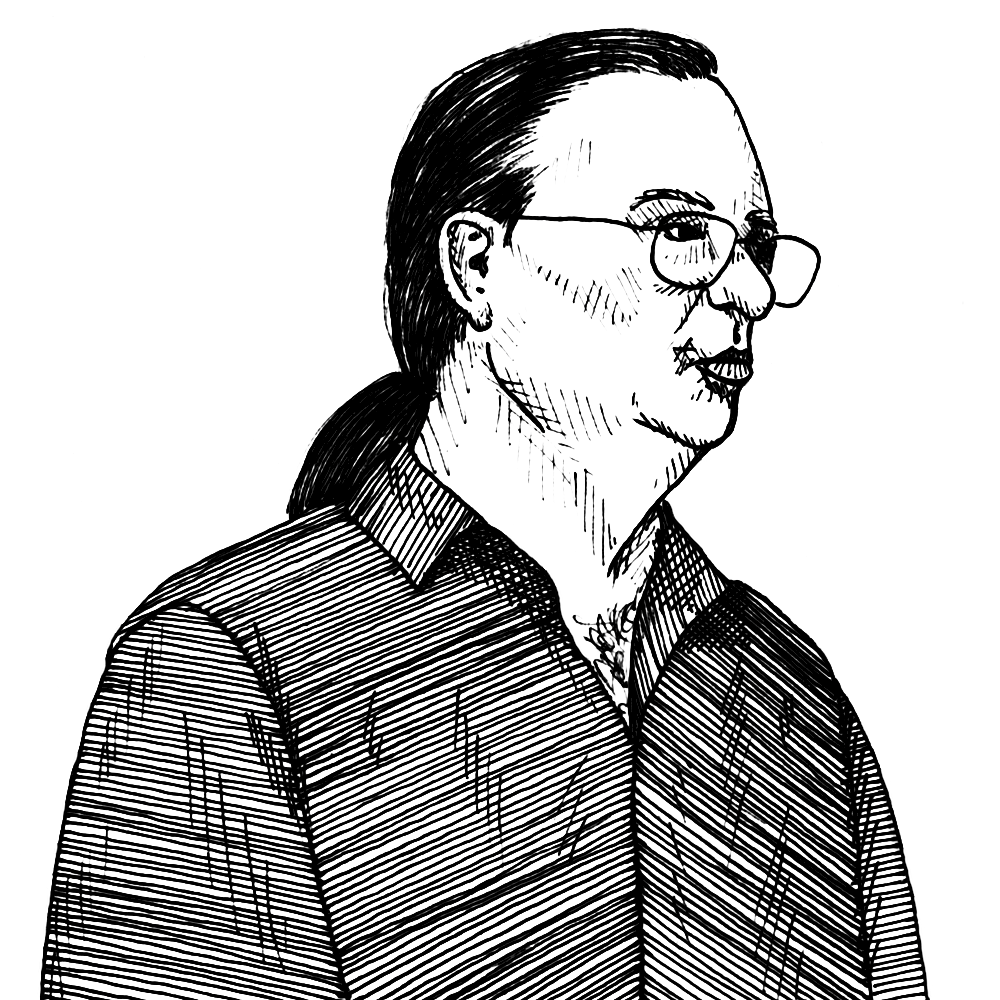
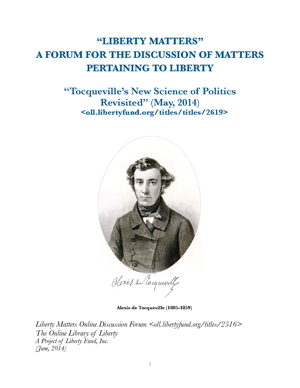

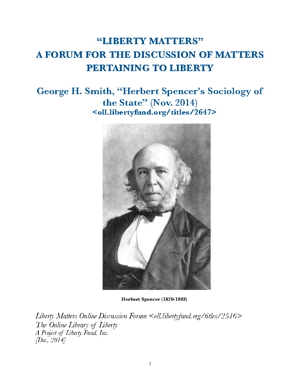
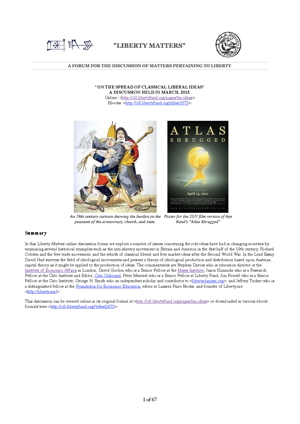
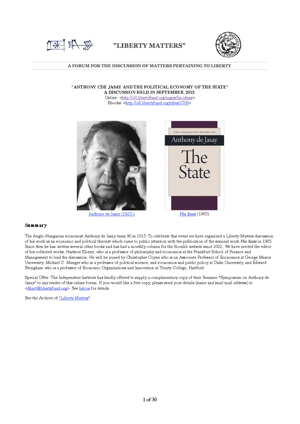
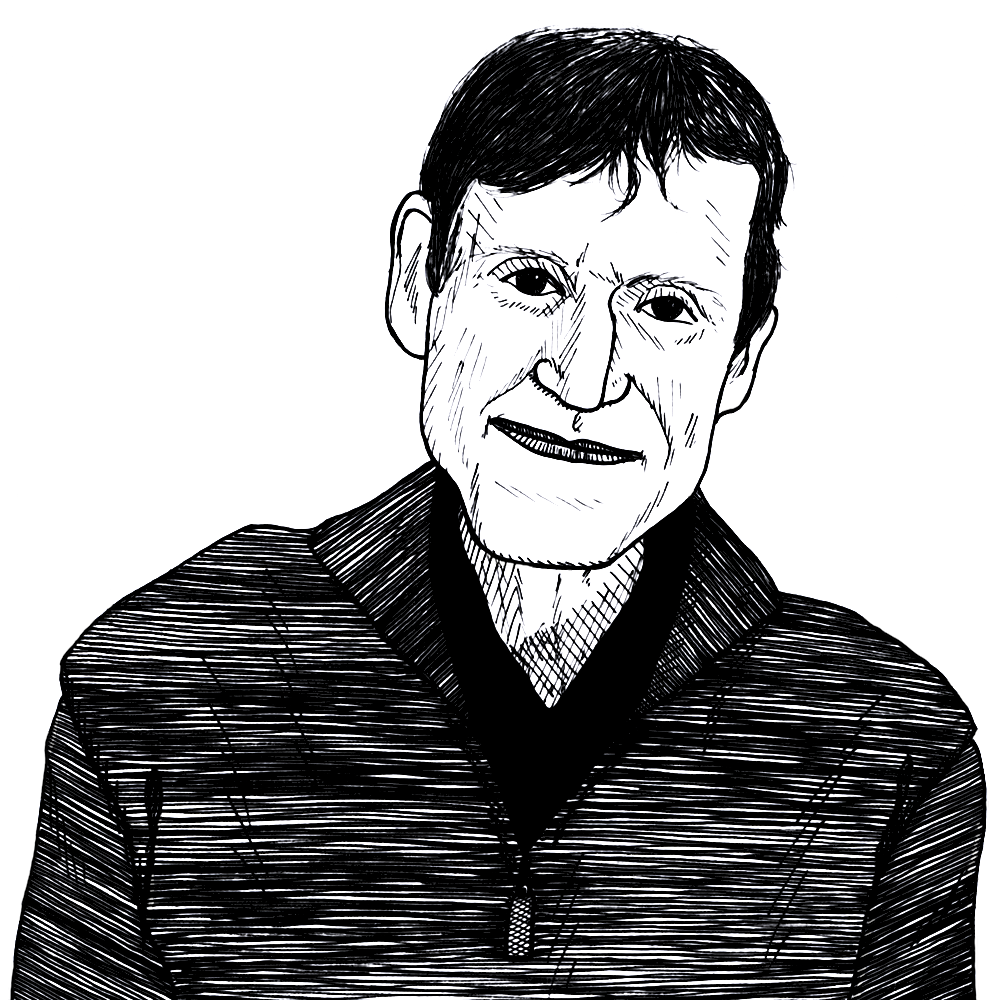
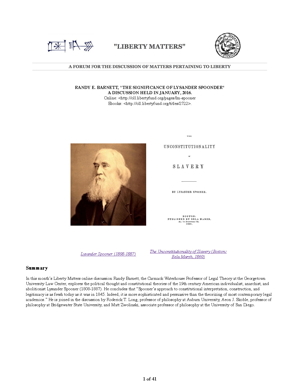
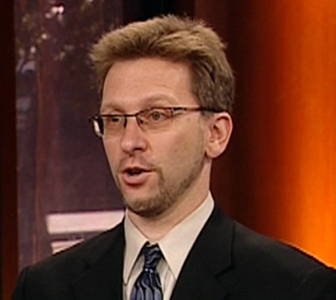
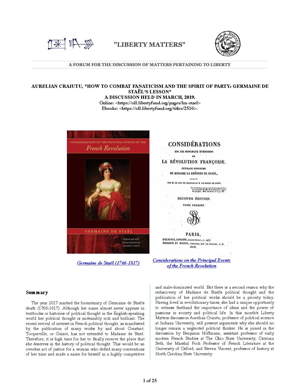
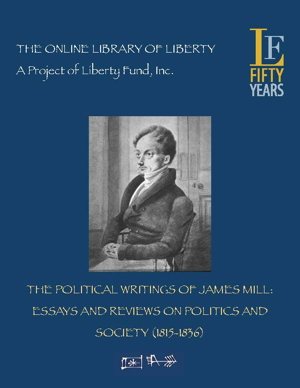
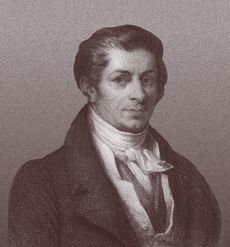
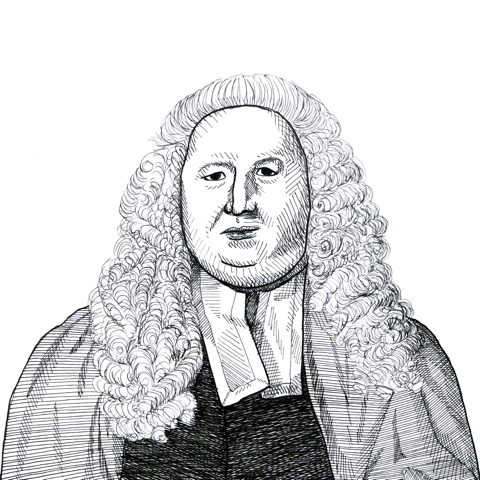
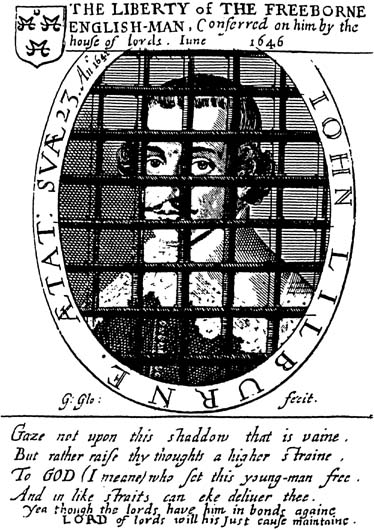
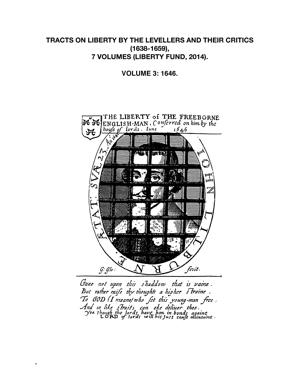
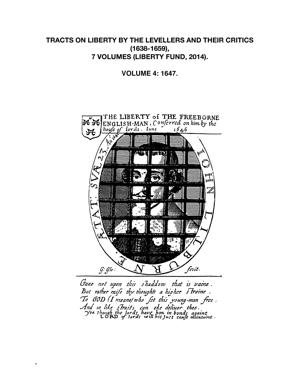
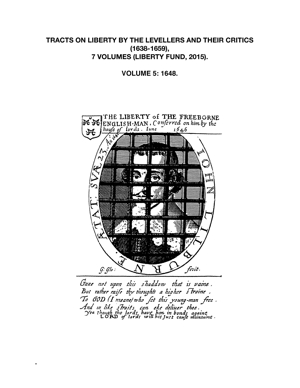
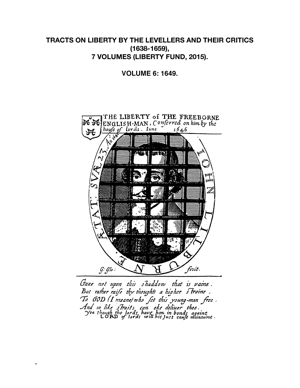
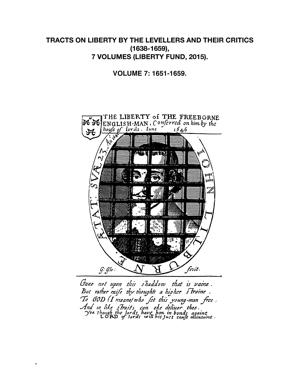
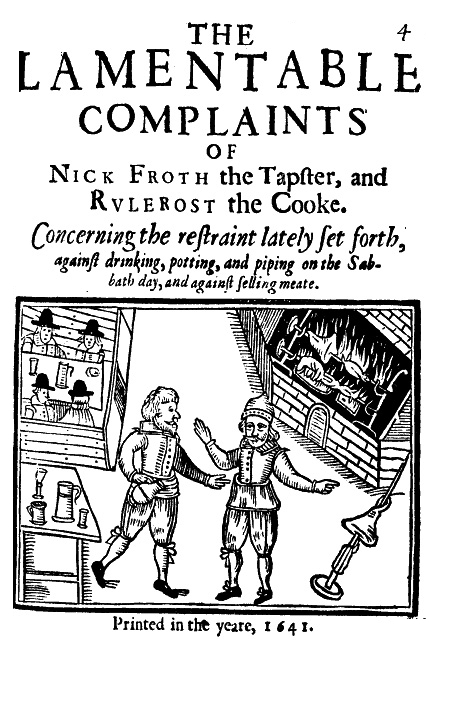
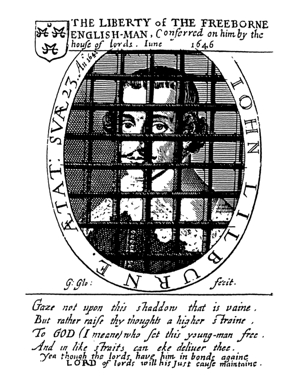
Social History And Conditions. Social Problems. Social Reform